Auburn University’s faculty experts offer their thoughts and answers on a variety of real-world topics as they make national headlines. Our experts speak on everything from cybersecurity to 3D printing to stock market concerns to hurricane preparedness to the needed response amid a national opioid crisis. Have questions about the news of the day? We have “Expert Answers.”
Auburn In the News
-
April 27, 2024New York Post
-
April 25, 2024MSN.com
-
April 11, 2024TIME
-
April 12, 2024The Conversation
Media Contact
Media interested in interviewing a faculty expert can contact Communications Director Preston Sparks at (334) 844-9999 or preston.sparks@auburn.edu.
Latest Expert Answers
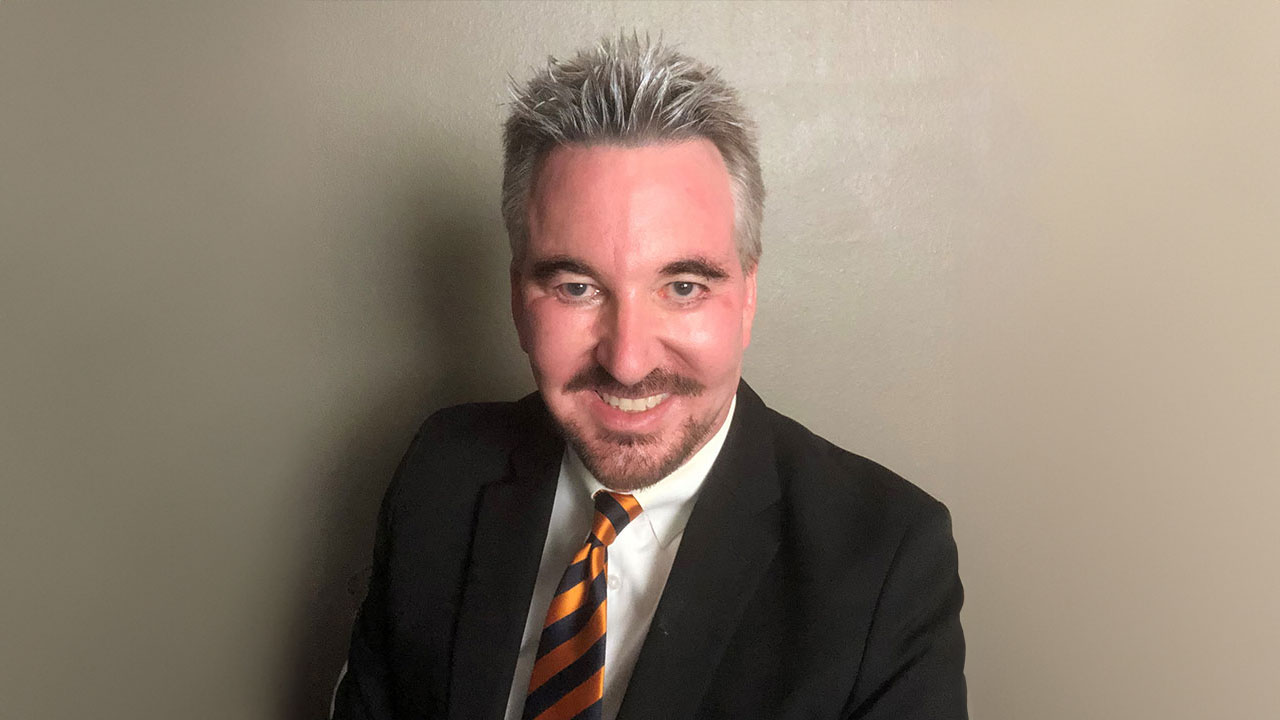
The March U.S. employment report was met with hearty cheers from financial reporters and Wall Street analysts alike, with 303,000 new jobs created during the month of February – more than 50% above the 200,000 predicted. That's good news for the economy, right? Jeffrey Hart, senior lecturer of finance in the Harbert College of Business, explains that just below the headline numbers is a troubling pattern of fundamental economic weakness, not strength.
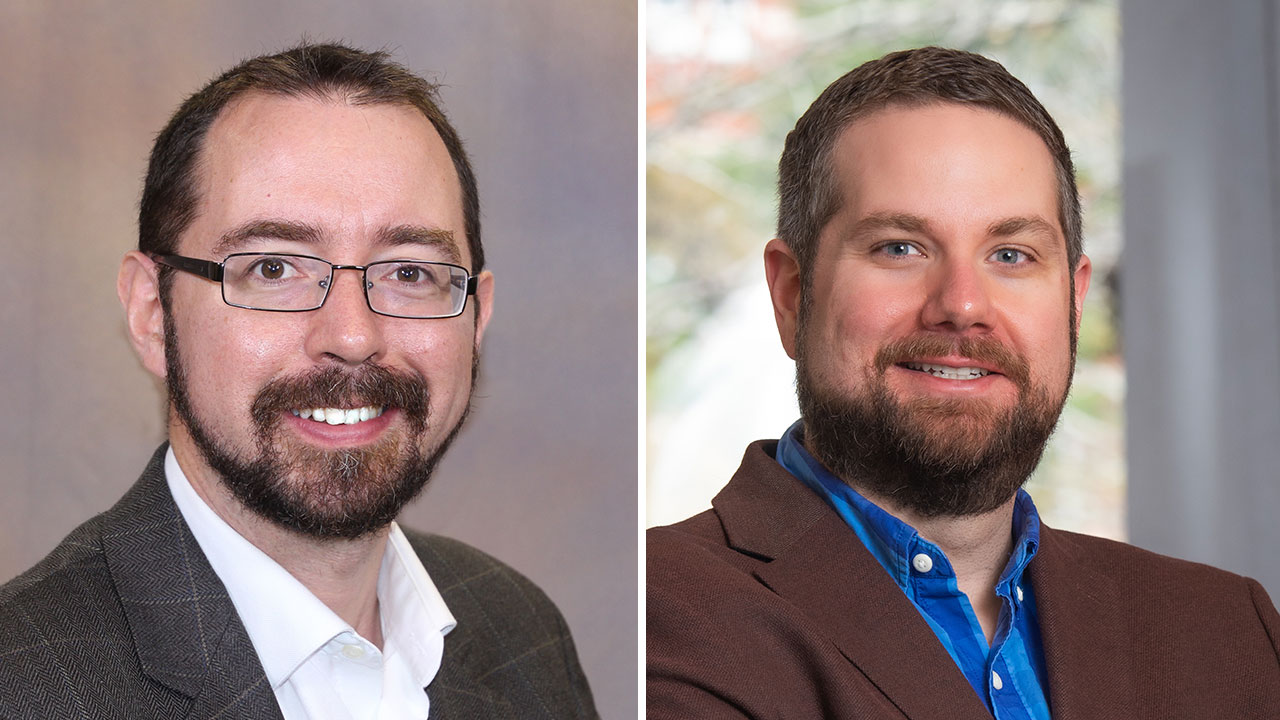
Auburn University political science faculty Peter White and Matt Clary describe the Israel-Iran conflict and what it may mean for the Middle East and U.S. foreign policy.
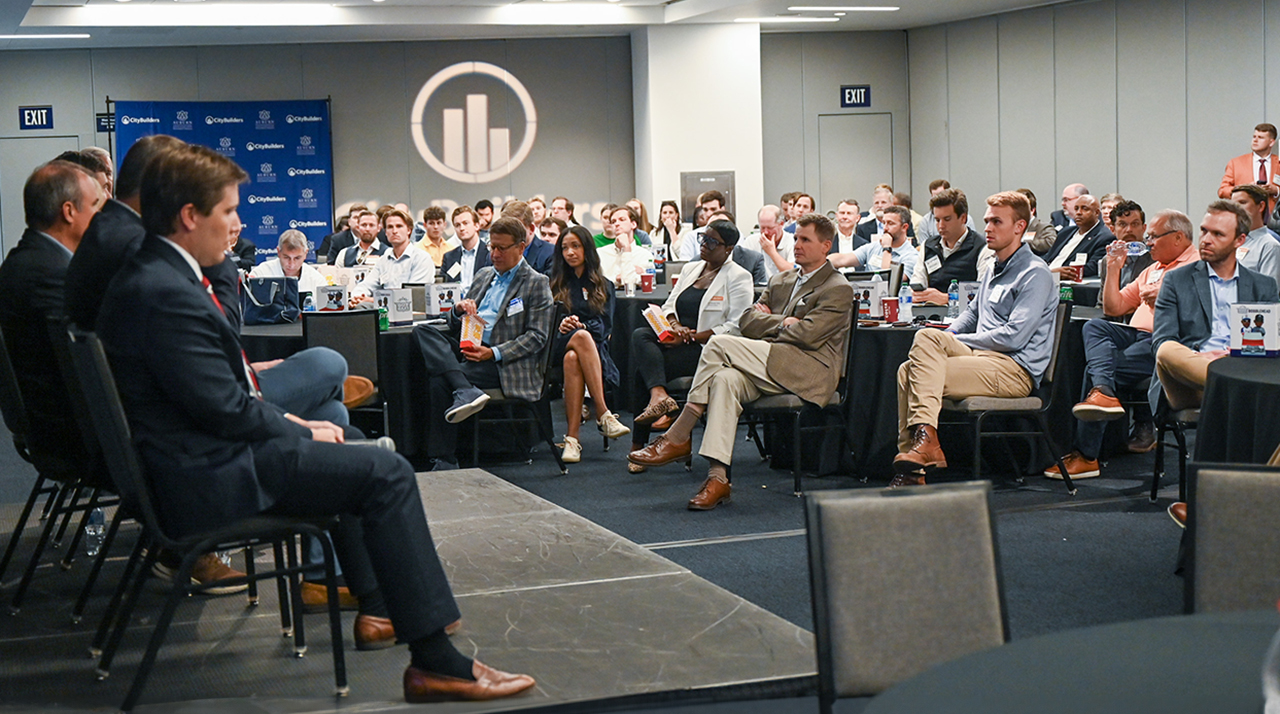
Auburn University’s Institute for Real Estate Development will be hosting the most prominent annual gathering of commercial real estate (CRE) professionals in the southeastern United States on May 16 at Birmingham’s Regions Field. The Auburn CityBuilders Future of Commercial Real Estate in Alabama will include some of the most successful CRE developers, capital providers, suppliers, economic development officials, and governmental institutions in the South.
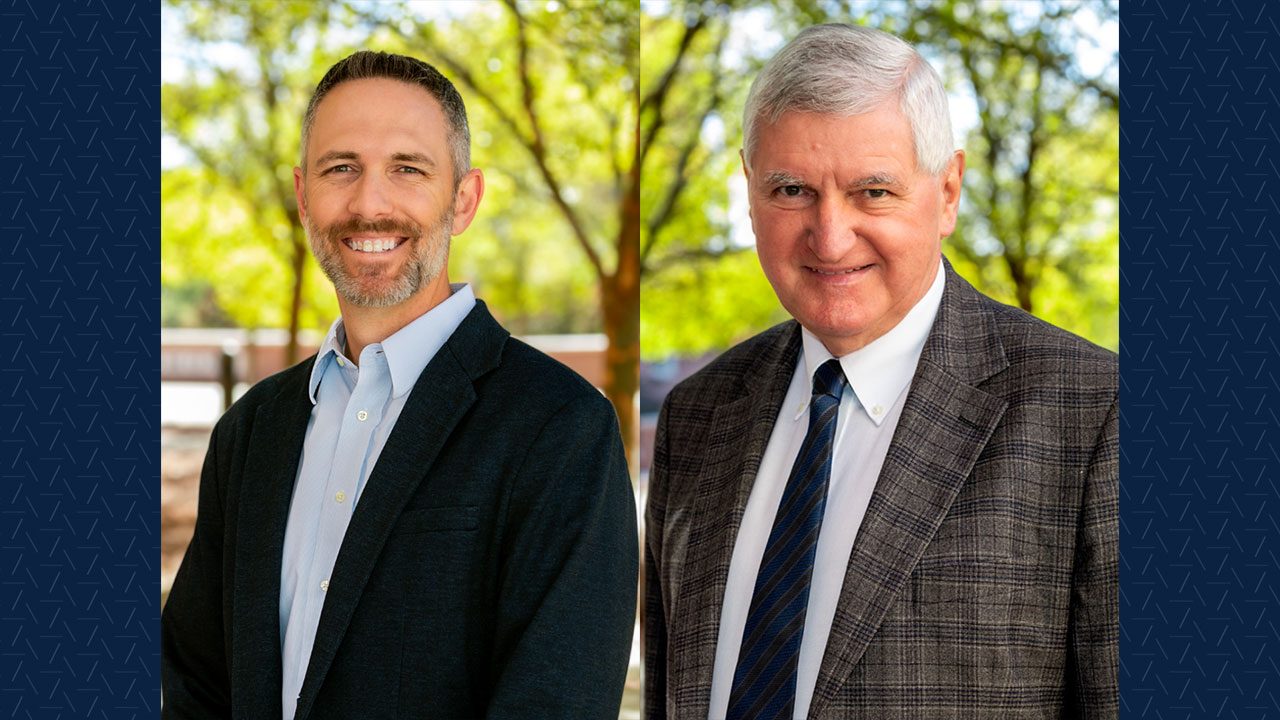
Auburn experts Matt Yarnold and Andrzej S. Nowak offer insight into the recent bridge collapse in Baltimore.
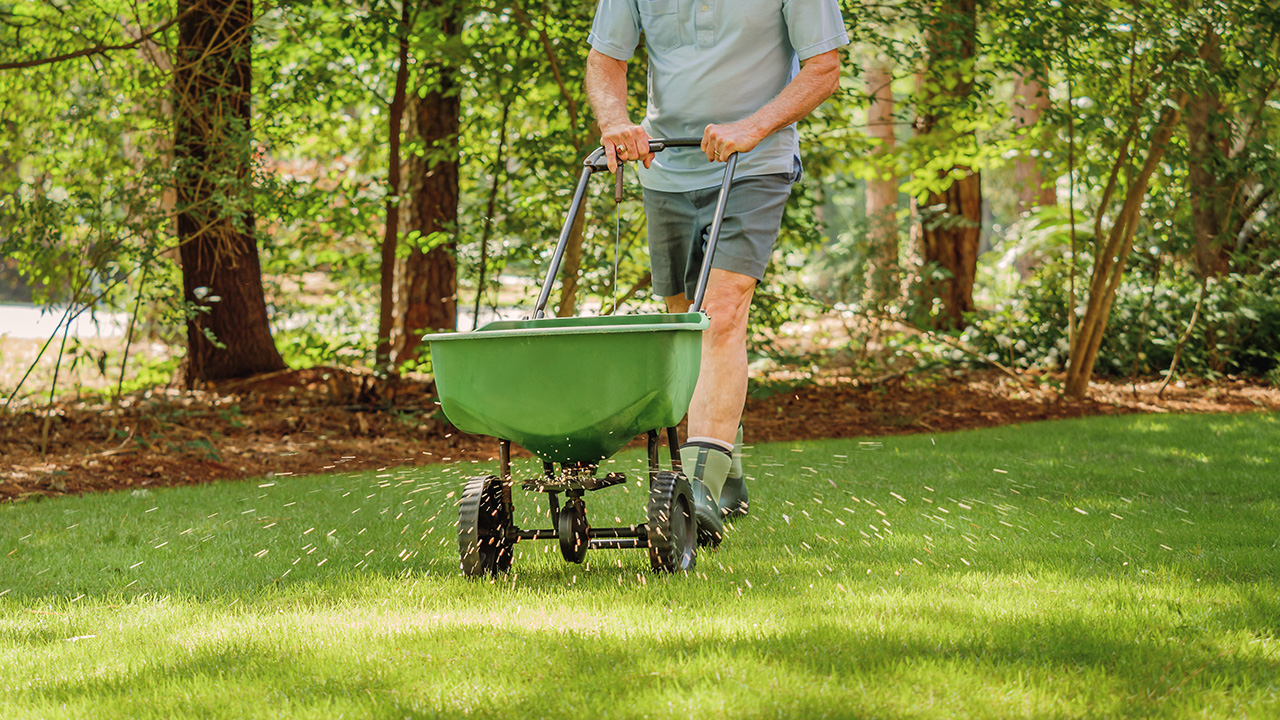
The sun is shining and spring is in the air. Does that mean it’s time to prepare your lawn for the summer? Auburn faculty member and Alabama Cooperative Extension Services Specialist Dave Han says not quite yet!

In a recently published research study, a team of researchers from the Harbert College of Business and IBM discovered that business-specific subject matter expertise will emerge as an even more – not less – critical element of building and managing increasingly efficient, high-performance supply chains in the age of AI and digital technology.
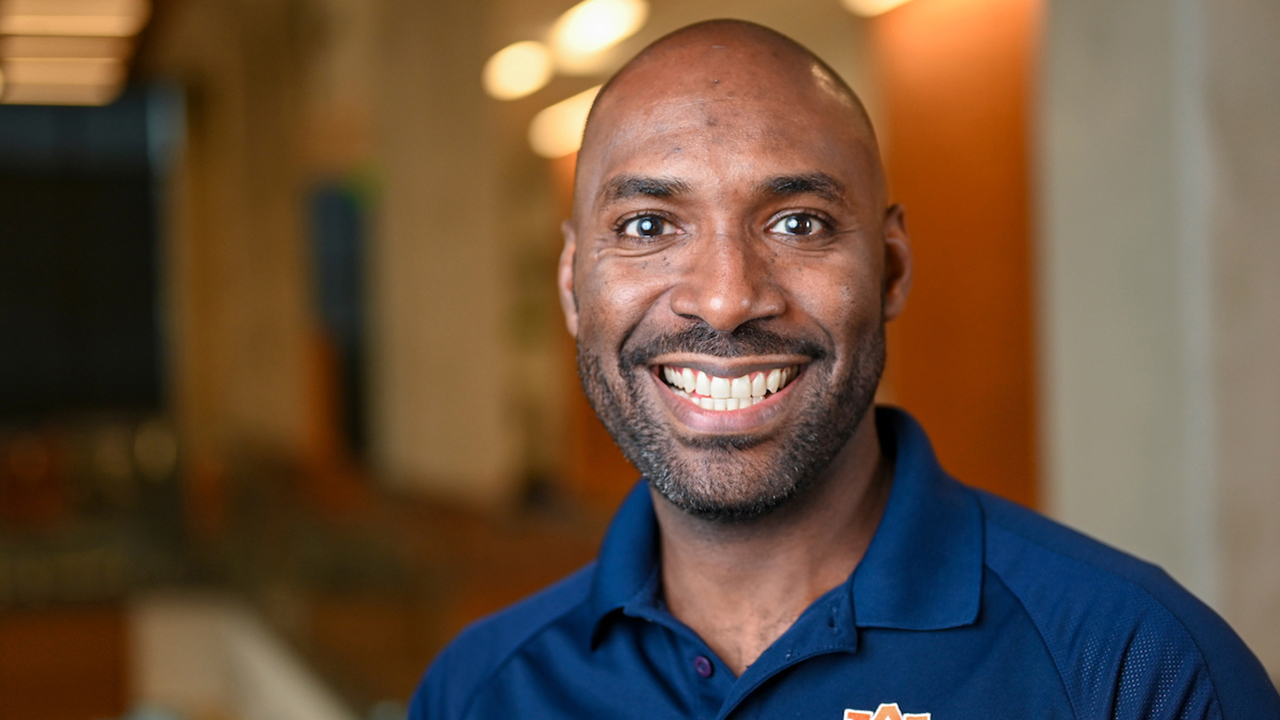
Harbert Professor of Practice Damion McIntosh advocates for expanding your financial news comfort zone.
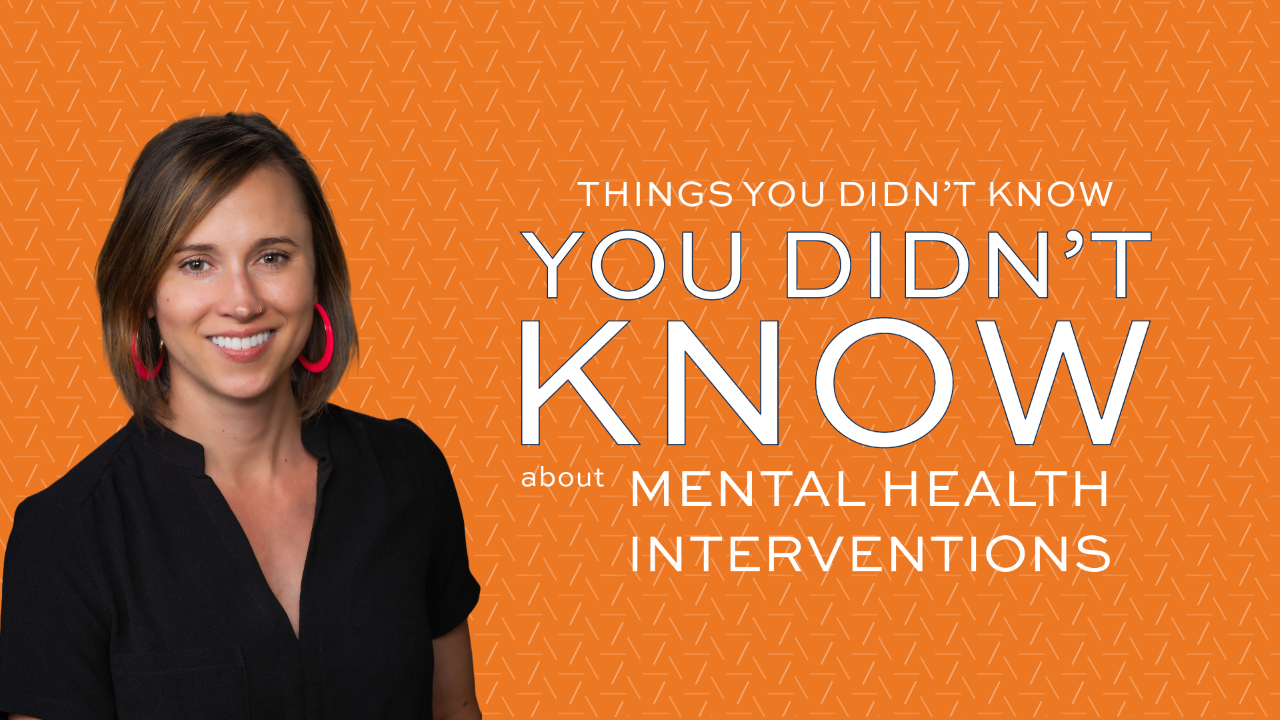
Interoception is how we feel and understand internal sensations like hunger, pain or heart rate. Associate Professor April Smith is developing a new tool that targets interoception as an avenue to improve mental health. Her online intervention, Reconnecting to Internal Sensations and Experiences (RISE), has already shown success in active-duty service members and clinical patients and is currently being tested in college students and veterinarians.
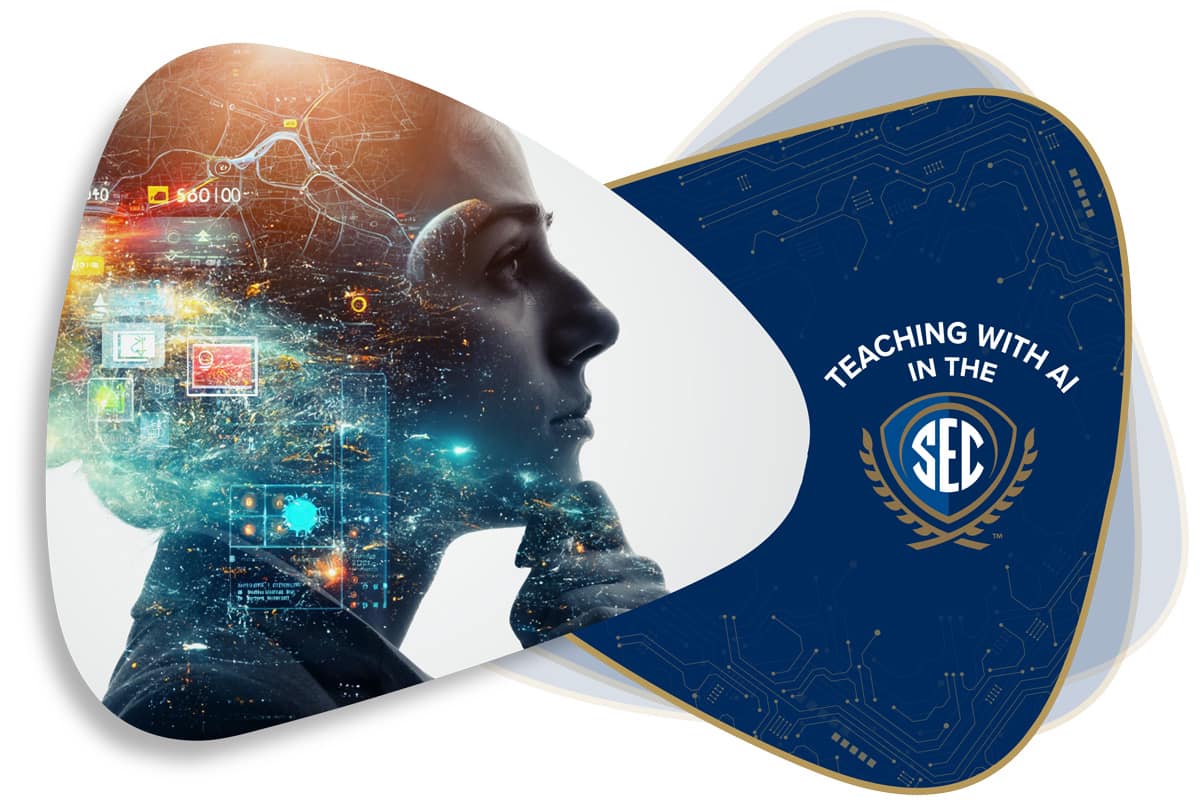
Harbert College interviewed Asim Ali following the one-year anniversary of the launch of ChatGPT to find out how generative AI is impacting instruction and student performance at Auburn since then and how he and his organization are leading the adoption and powerful application of what he calls “the transformative technology of our time.”

With the fresh start of the new year, many people resolve to achieve goals and make lifestyle changes, often related to health, wellness and physical fitness. How can they ensure they keep their resolutions throughout the year instead of ditching them after a few weeks? Experts from Auburn University’s School of Kinesiology have some insight.
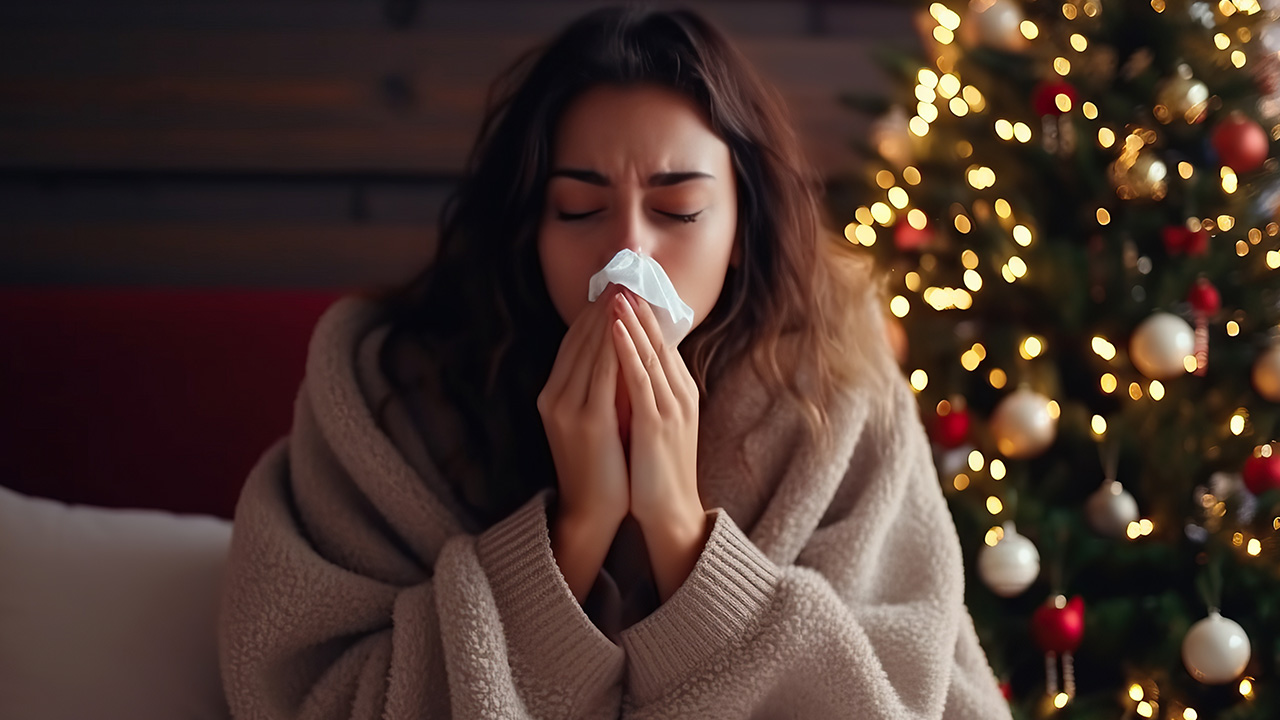
The holidays are a time for celebrating with family and friends, but everyone knows that a December illness can ruin the fun. So, how can we take care of ourselves to avoid getting sick this holiday season?
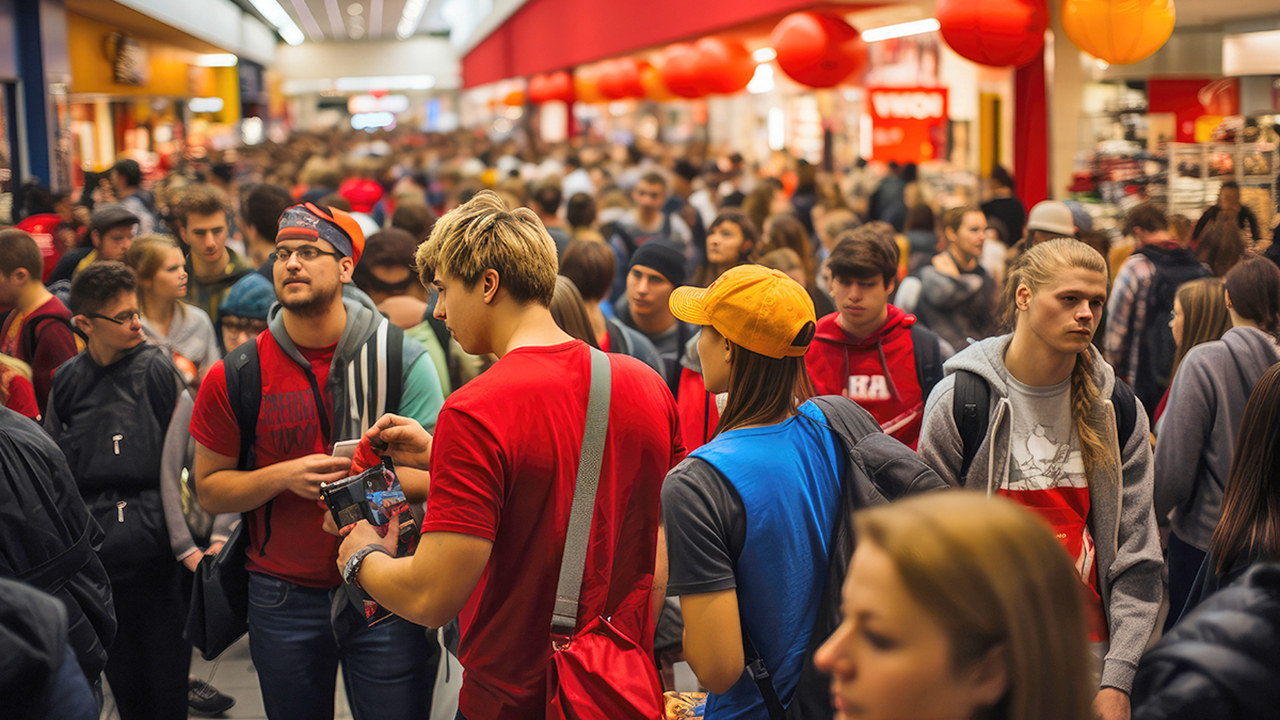
While smash and grab attacks, rising shoplifting and nagging inflation get all the headlines, research by Harbert professors Linda and O.C. Ferrell reveals that these and many other reasons retailers often give for their store closings and openings fail to paint the whole picture. Retail has changed dramatically – and we aren’t likely to return to the “good old days” of packed malls and long lines at big box stores this coming holiday season.
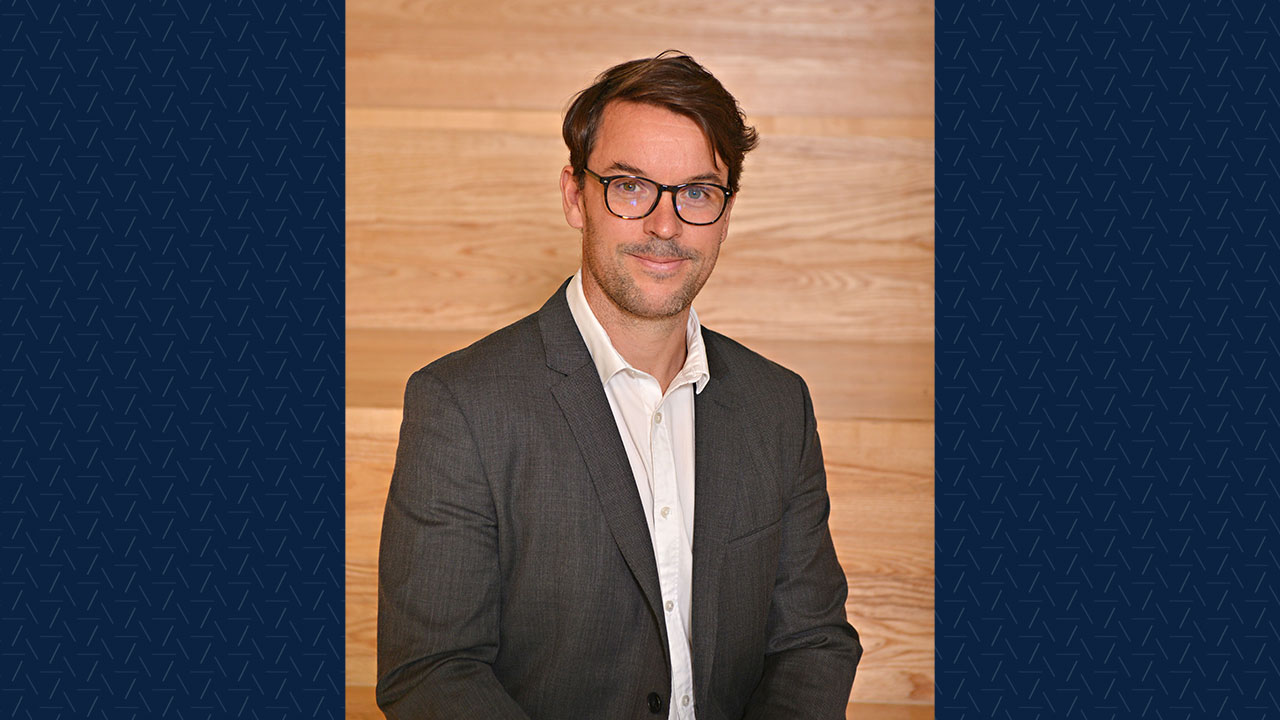
Auburn Professor Guillaume Laurent conducts research similar to the kind that recently garnered a team of scientists the Nobel Prize for Physics. In this Expert Answers Q&A, the physics professor explains the award's significance and how it may contribute to society.
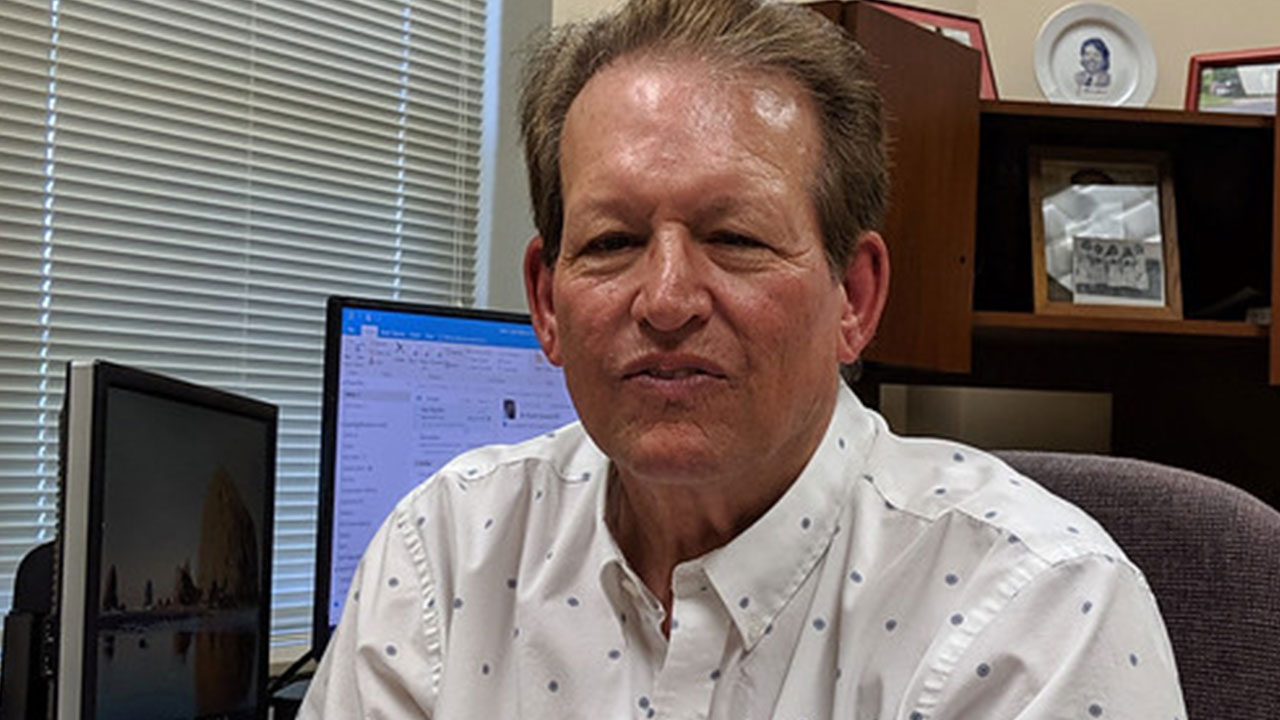
Joseph Giambrone, professor emeritus in the Auburn University College of Agriculture’s Department of Poultry Science with a joint appointment in the College of Veterinary Medicine’s Department of Pathobiology, has penned this article about various impending worldwide pandemics.
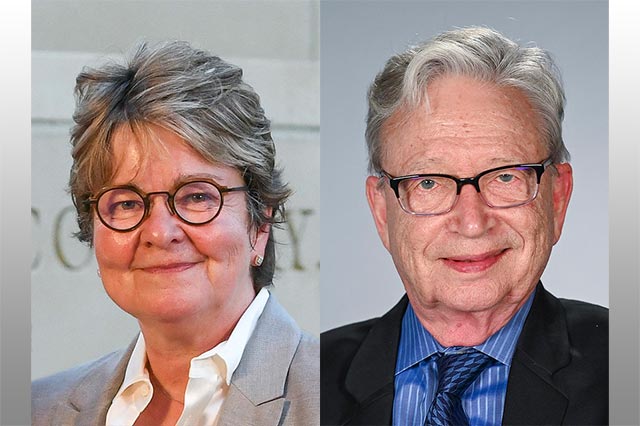
Following the collapse of Silicon Valley Bank, two faculty at Auburn’s Harbert College of Business argue that while blame is being cast, there is the risk of missing out on a critical opportunity to address the systemic failure of the Environmental, Social and Governance, or ESG, ideals and practices SVB so proudly professed to advance. Further, they explain how that “empty language” ultimately became the straw that broke the camel's back.
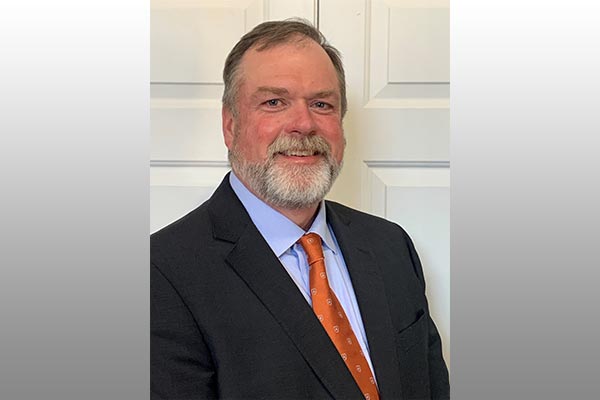
Many people have heard the children’s rhyme about Humpty Dumpty, the large egg who had a “great fall” from a wall and cracked his shell. If Humpty Dumpty were real, that crack would be costly in today’s market. At the height of the egg market, that egg would have cost 140% more on average than one year ago ($1.80 per dozen then versus $4.25 per dozen). Both literally and figuratively, that’s not chicken feed.
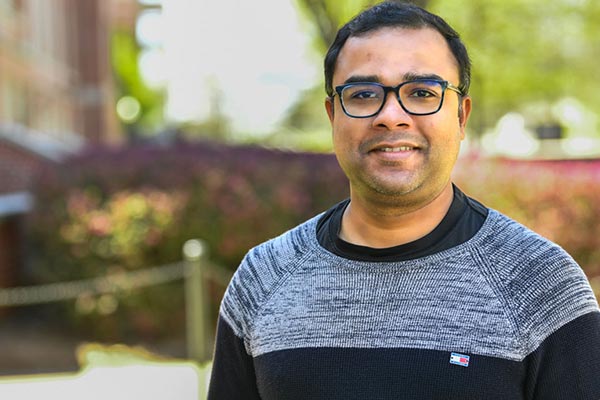
What if a chatbot comes across as a friend? What if a chatbot extended what could be perceived as intimate feelings for another? Could chatbots, if used maliciously, pose a real threat to society? Santu Karmaker, an assistant professor in computer science and software engineering in Auburn’s Samuel Ginn College of Engineering, took a deep dive into the subject.
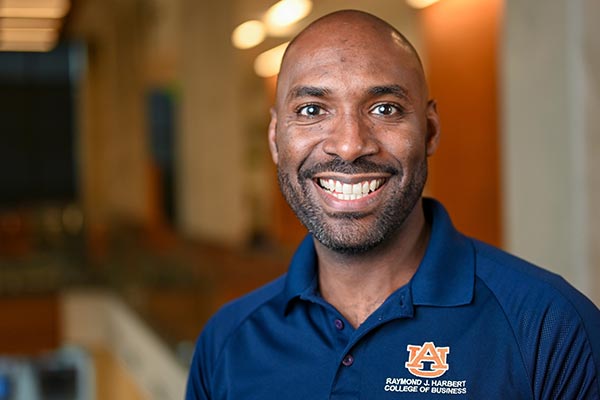
The “sudden” failure of Silicon Valley Bank earlier this month is a stark example of untethered risk-taking without a formal and effective risk management framework in place, according to an Auburn University Harbert College of Business faculty member who states that the bank’s vulnerabilities for failure should have been flagged and remedied years earlier through straightforward risk management measures.
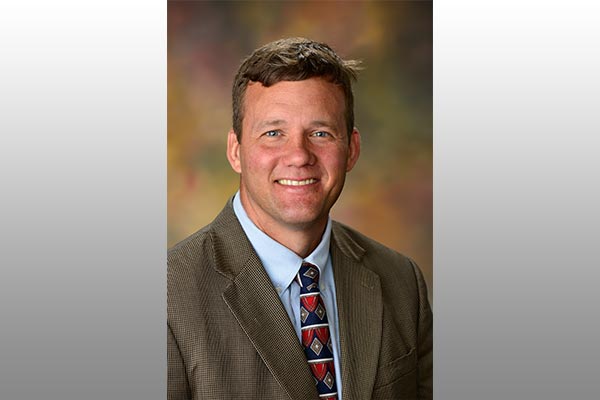
Big health management changes are coming this summer for Alabama’s livestock producers. On June 11, the United States Food and Drug Administration, or FDA, will implement its directive, “Guidance for the Industry #263,” which states over-the-counter antibiotics used for livestock health will no longer be available without a prescription from a licensed veterinarian. This is being done to combat antimicrobial resistance within the industry.
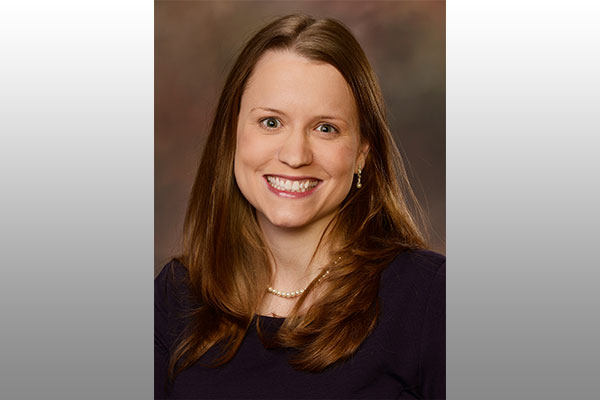
With the arrival of spring break travel season, travelers should be aware of increasing cases of norovirus in Alabama and around the country. Infectious disease experts from the Alabama Department of Public Health, the Centers for Disease Control and Prevention and Auburn University, including the Harrison College of Pharmacy’s Marilyn Bulloch, want to warn people and provide tips as they travel during this season.
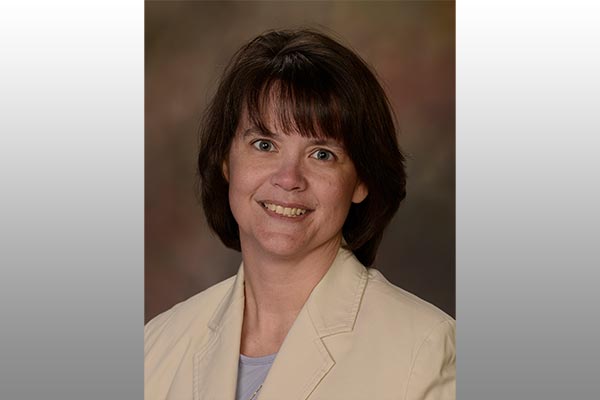
An expert panel with the United States Food and Drug Administration, or FDA, recently recommended that Narcan, a brand of naloxone, be sold over the counter.
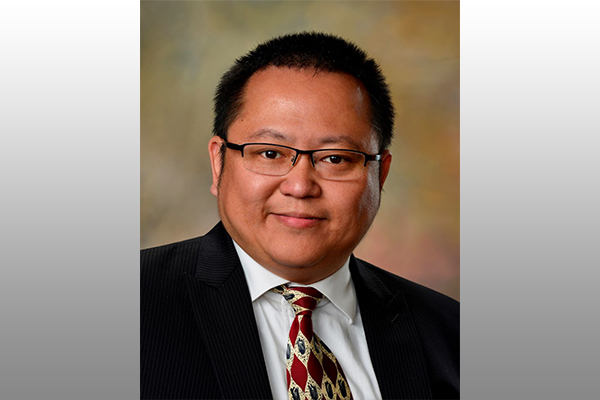
A new study on Artificial Intelligence, or AI, led by Psychological Sciences Professor Jinyan Fan finds that an AI chatbot can infer personality traits as well as or better than traditional self-report personality measures. In “How well can an AI chatbot infer personality? Examining psychometric properties of machine inferred personality scores,” published in the “Journal of Applied Psychology,” Fan and researchers from four other universities used an AI firm’s cognitive AI chatbot to infer personality and examine psychometric properties—reliability and validity—of machine-inferred personality scores.

Nothing goes together quite like chicken wings and the Super Bowl. This tasty snack will be in high demand for this year’s big game. Fortunately, those who enjoy chicken wings will find them not only in large supply, but also at a cheaper price than past years. Wings are currently at the lowest wholesale prices of the decade—enticing everyone to get in on the value.
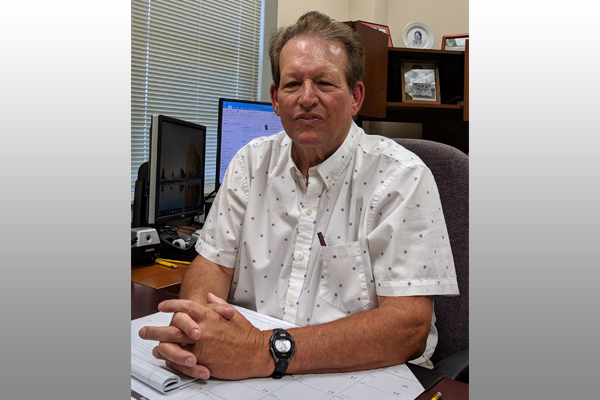
Joseph Giambrone, professor emeritus in the Auburn University College of Agriculture’s Department of Poultry Science with a joint appointment in the College of Veterinary Medicine’s Department of Pathobiology, has penned this article about the worldwide threat posed by the latest upsurge of COVID-19 in China.
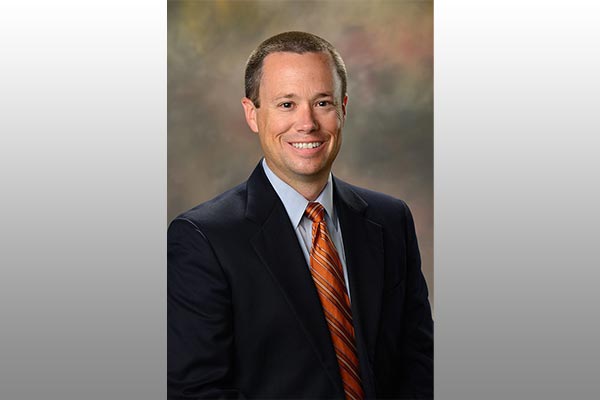
The Harrison College of Pharmacy’s Center for Opioid Research, Education and Outreach, or COACH, is active in working with leaders and professionals across the state in combatting the opioid crisis.
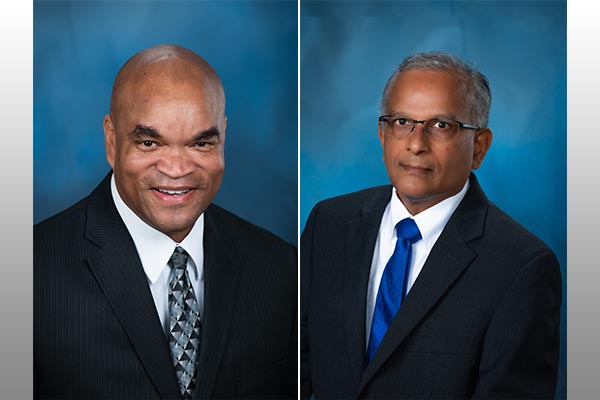
The rush of holiday shopping doesn’t always bring us to crowded malls or our favorite outdoor shopping center. Instead, we shop on our phones, laptops or other remote devices for the sake of convenience. Press a few buttons here and there, and you’re done. Artificial intelligence, or AI, is built into these devices, and websites remember credit card numbers, logins, addresses, preferences and purchasing habits to make the shopping experience even easier. But have we been lured into a dangerous world of convenience at the expense of safety?
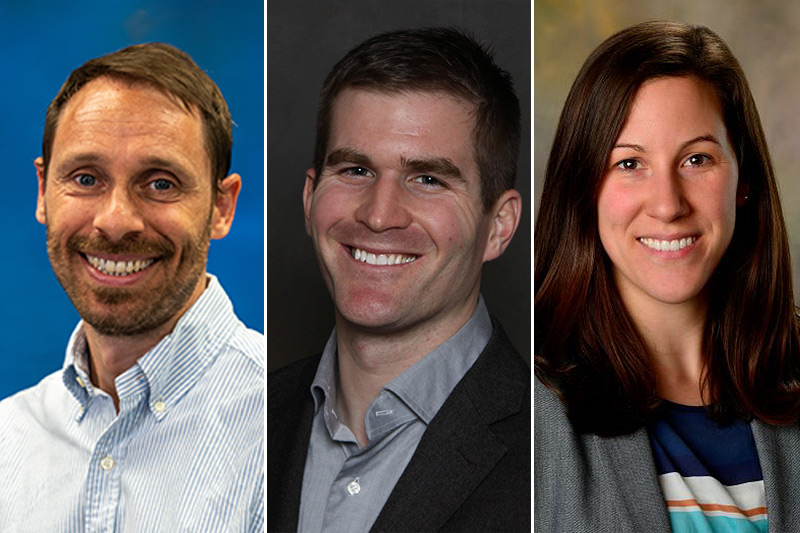
Apis Mellifera honey bees are important insect pollinators whose impact has environmental, ecological and economical ramifications across the world. Recent research shows that U.S. beekeepers experienced a 43% colony loss for the crucial winged insect between April 2019 and April 2020.
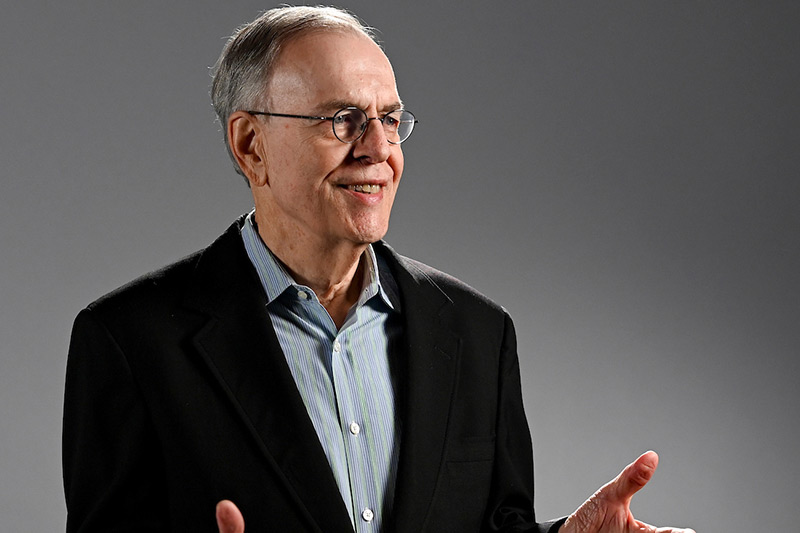
The failure of FTX, one of the largest cryptocurrency exchanges in the world, reminds us of something we’ve known all along—information, and timely and accurate information at that—is the most important component of every decision we make.
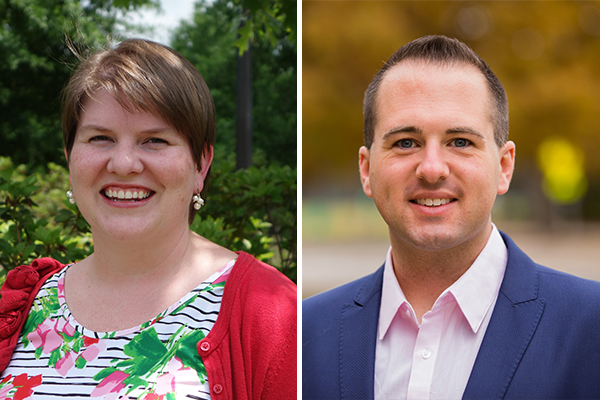
In August, the Food and Drug Administration, or FDA, approved the sale of over-the-counter, or OTC, hearing aids for Americans. While increased access to the aids may be viewed by some as a positive development due to lower costs for citizens, there also may be negative ripple effects of the FDA’s decision. Below, Associate Clinical Professor and Audiologist Kelli Watts from Auburn University’s Speech and Hearing Clinic and Gregory Spray, an assistant professor of Speech, Language & Hearing Sciences, weigh in on the topic. They look at the issue from a variety of angles and suggest the best course of action for anyone who may be suffering from hearing loss.
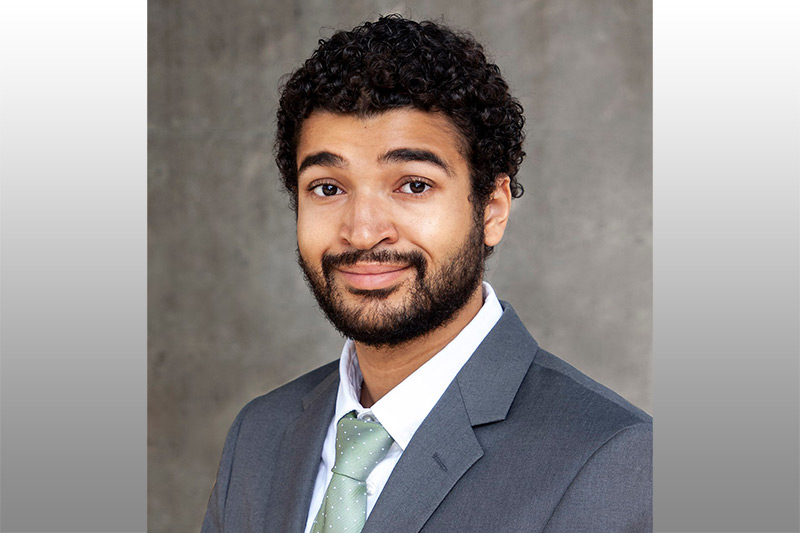
Food prices are soaring over this time last year, and even the Thanksgiving turkey is not being spared. Turkey prices are at their highest levels since 2000, adding to what is already expected to be a more expensive celebration later this month. Wendiam Sawadgo, an agricultural economist with Alabama Extension has the skinny on a why we’ll pay more this Thanksgiving.
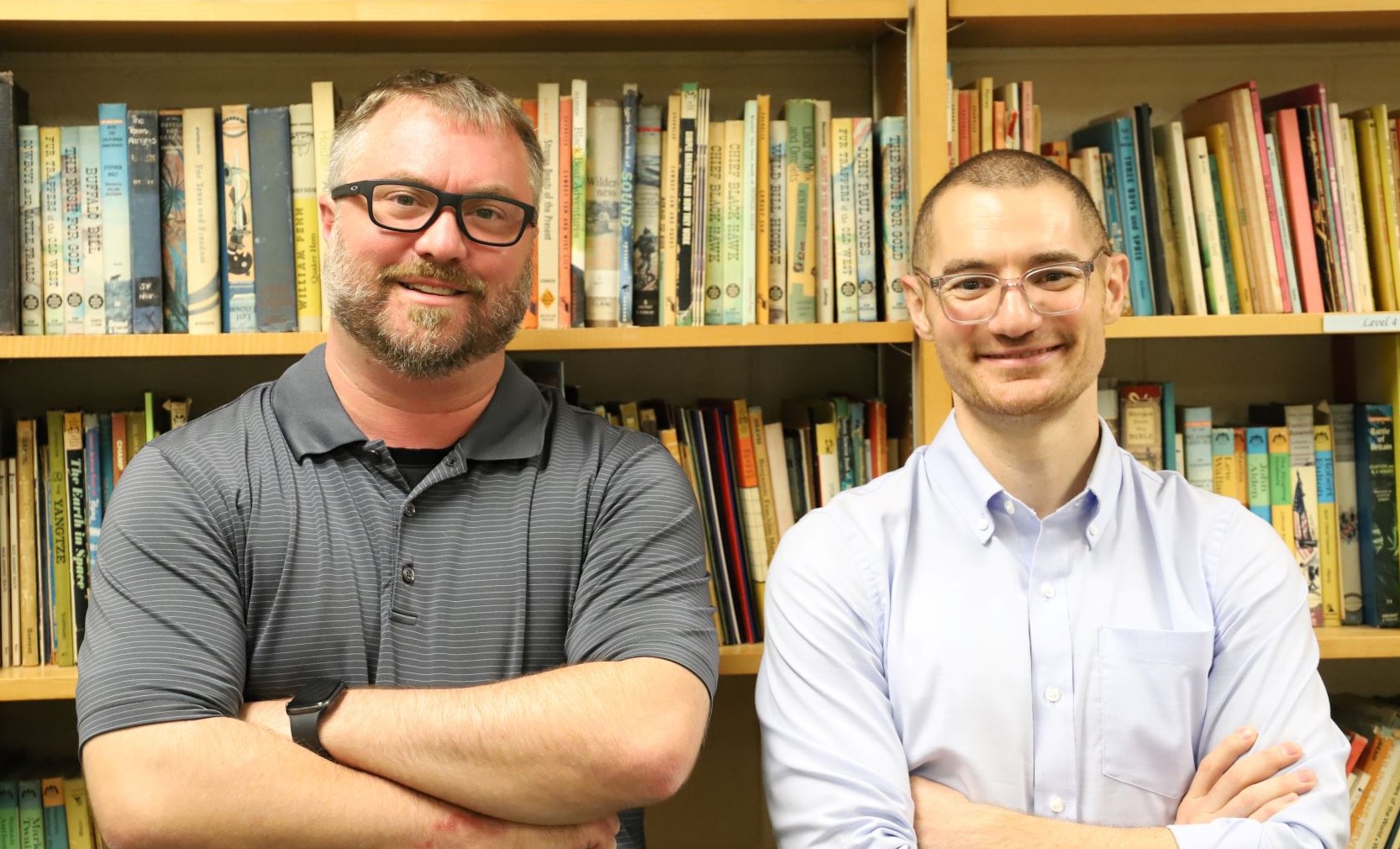
America’s education system is in the throes of a teacher shortage crisis that was magnified by the COVID-19 pandemic. With job satisfaction low and high percentages of educators leaving for other fields, teacher retention is a problem on the forefront of the K-12 landscape. Auburn University College of Education Assistant Professors Andrew Pendola and David Marshall have discovered ways for schools and administrators to combat the teacher retention and shortage problem after conducting extensive research on the issue. Below, they remark about the current state of affairs and offer research-based suggestions for how the nation’s education system can stem the tide of teachers leaving the industry.
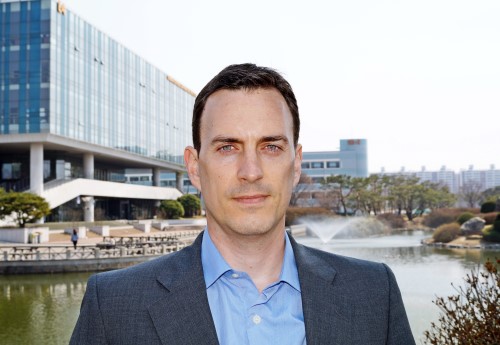
Last week, the U.S. Food and Drug Administration, or FDA, updated its criteria for foods labeled “healthy.” The proposed change is based on current nutrition science and prioritizes healthy dietary patterns, continuing from the FDA’s overhaul of the Nutrition Facts panel in 2016. Assistant Professor of History Xaq Frohlich explains why and how “healthy” food label criteria has changed over the years.
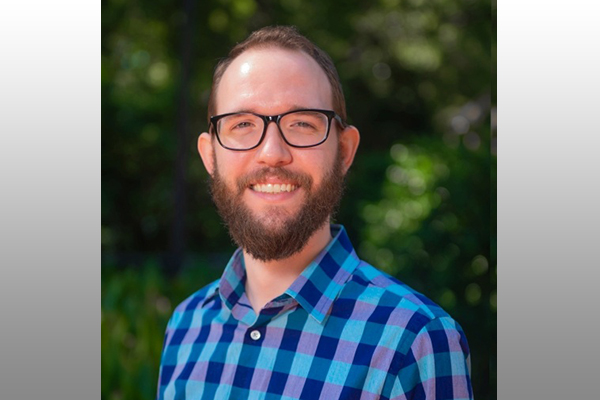
More than two million people are incarcerated in the United States—a 500% increase from just 40 years ago. As prisons across the country become overcrowded and incarcerated individuals suffer from mental health conditions, understanding the impact of prison environments is increasingly important. Assistant Professor of Sociology and Criminology Timothy Edgemon’s latest work, “Inmate Mental Health and the Pains of Imprisonment,” examines the individual effects of prison conditions and suggests ways to improve mental health outcomes.
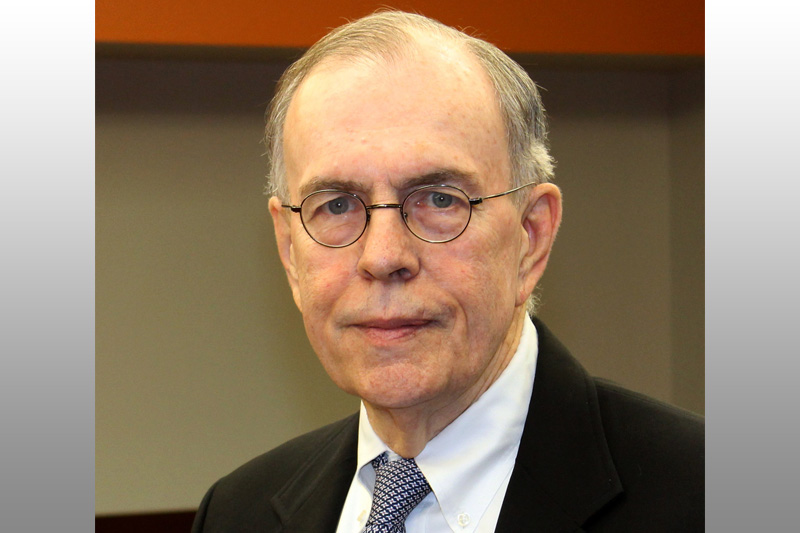
The Bureau of Economic Analysis, or BEA, reported a month ago that the U.S. economy contracted for the second straight quarter that ended June 30 – a widely accepted rule of thumb for what typically constitutes a recession. According to the BEA's advance estimate, Gross Domestic Product fell at an annualized rate of 0.9% for the second quarter—which has since been revised downward to a decline of only 0.6% following a 1.6% decline in GDP reported for the first quarter of 2022.
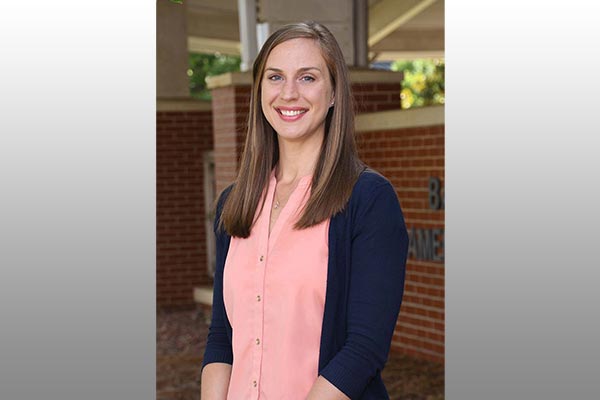
Canine influenza is a highly contagious disease that can be rapidly transmitted through dog populations, particularly those in kennel or clinic environments, as well as other areas that bring multiple animals together in close settings. Do you need to consider having your pet vaccinated against canine flu? Dr. Andrea Perkins, clinical lecturer in infection control and biosecurity in the Auburn University College of Veterinary Medicine, weighs in with some advice.
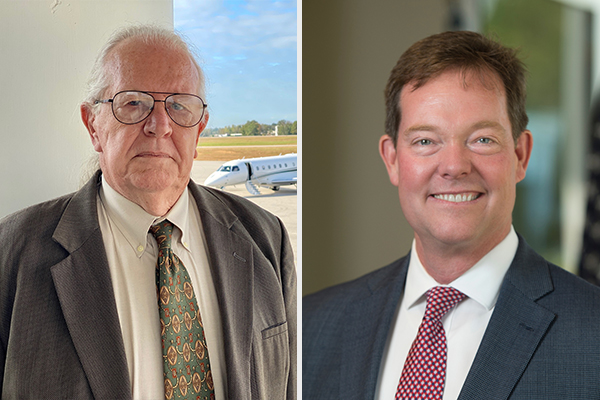
The country’s aviation industry is currently experiencing a substantial staffing shortage, from pilots and airport staff to mechanics and management personnel. Leaders from Auburn’s School of Aviation—James Witte, department chair, and James Birdsong, aviation program coordinator and winner of the 2020 Alumni Undergraduate Teaching Excellence Award—recently discussed the state of the industry, how the situation developed and what leading national programs like Auburn are doing to help feed the pipeline with qualified professionals who are ready to make an immediate impact after graduation.
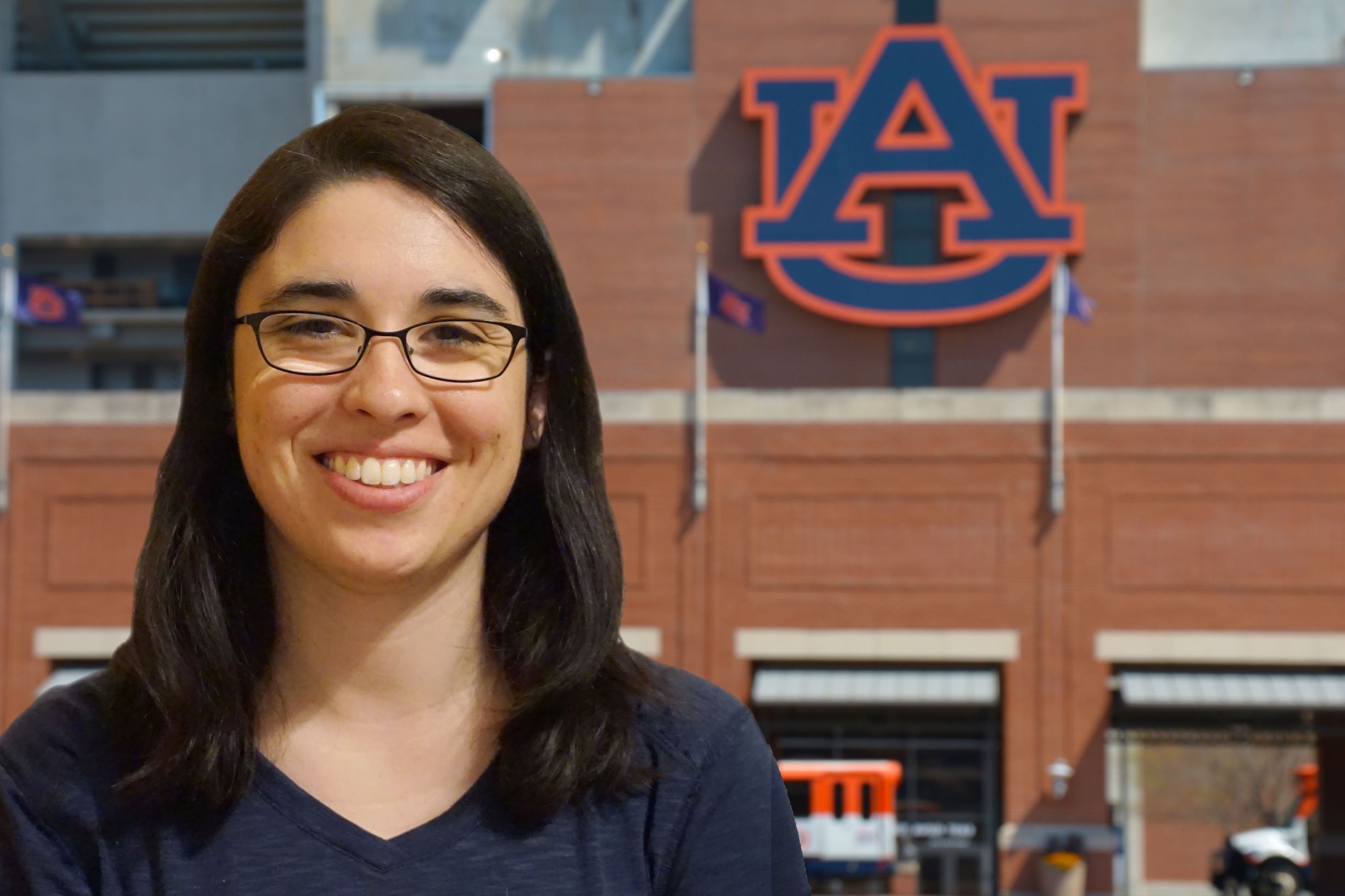
Space exploration and scientists’ quest to understand the cosmos received a major jolt earlier this month when the first images from the revolutionary James Webb Space Telescope, or JWST, were shared with the world. The $10 billion telescope is expected to provide new opportunities to scientists and deepen humankind’s understanding of the realm of space. Melissa Halford, a lecturer in Auburn University’s Department of Physics in the College of Sciences and Mathematics, or COSAM, took some time to discuss the transcendent images that recently were released to the public, how the telescope may help us understand the history of our universe and how this latest advancement in astronomy might affect educators’ curriculums going forward.
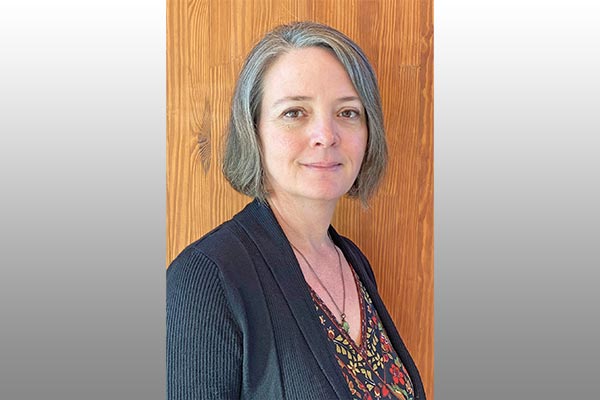
As most of the United States enters the wildfire season, Auburn University wildland fire expert Heather Alexander, associate professor of forest and fire ecology, comments on what can be expected and how landowners and managers can help reduce occurrences and damage.
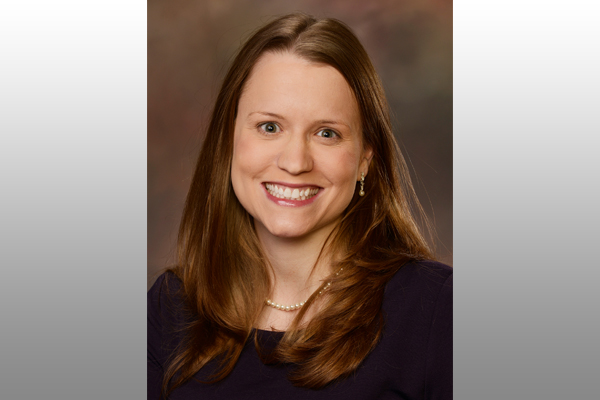
With cases of monkeypox in the U.S. and across the globe increasing – a third case of the infectious disease was confirmed in Georgia on Friday – there are a number of questions regarding what the disease is, how it is transmitted, who is vulnerable and how it is treated. Marilyn Bulloch, associate clinical professor in the Harrison College of Pharmacy’s Department of Pharmacy Practice, provides comments on what is known about the virus.
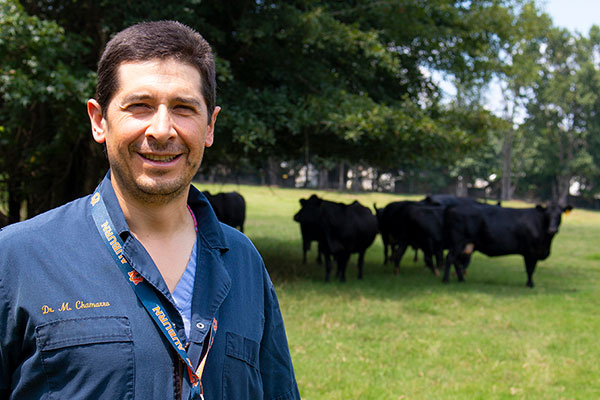
Dairy farmers are having to adapt to changing market conditions, in addition to the normal hard work required in the profession. Dr. Manuel Chamorro, associate professor of farm animal medicine in Auburn University’s College of Veterinary Medicine, comments on the dairy industry in the current economic conditions and how veterinary students help operate the college’s on-campus dairy. June is National Dairy Month.
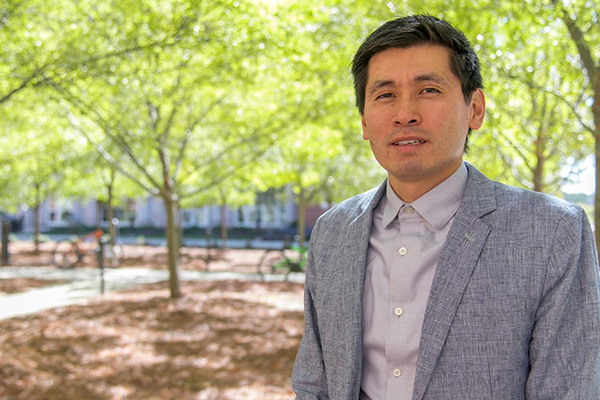
A detection tool designed to search for potentially deadly space rocks revealed more than 100 previously unknown asteroids, according to a report released by the Asteroid Institute. Using an open-source, cloud-based system, an algorithm links points of light consistent with orbits of asteroids from reams of archival night sky images.
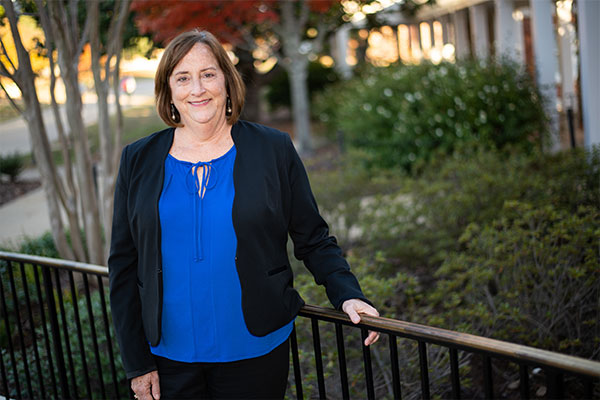
Parents and caregivers have been struggling for months to deal with a national shortage of baby formula. A number of factors, including workforce, transportation and raw material shortages brought on by the pandemic, have made formula hard to find. When Abbott, one of the four major formula manufacturers in the United States, recalled some of its products and closed a manufacturing plant because of possible contamination, the situation got much worse. President Joe Biden launched Operation Fly Formula, now in its third trip, to bring formula to the U.S. from Europe.
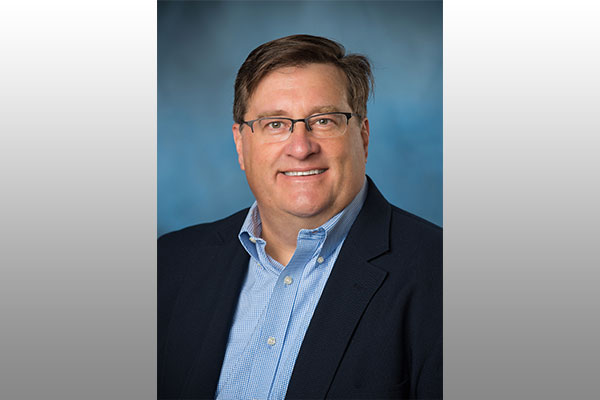
Glenn Richey, the Raymond J. Harbert Eminent Scholar and chair of the Department of Supply Chain Management in Auburn University’s Harbert College of Business, comments on record gas prices and how the Biden administration needs to work with the oil and gas industry to lower the price and to expand alternative energy sources.
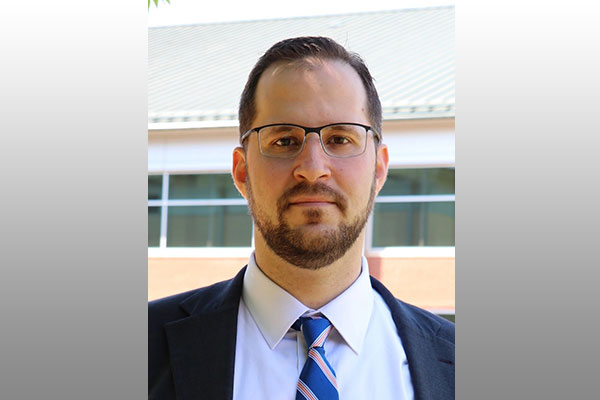
Cases of monkeypox, a viral illness, have been reported in Europe and North America, in addition to areas where it normally occurs in Central and Western Africa. Dr. Constantinos Kyriakis, an assistant professor in the Department of Pathobiology in Auburn University’s College of Veterinary Medicine, provides information about the illness.
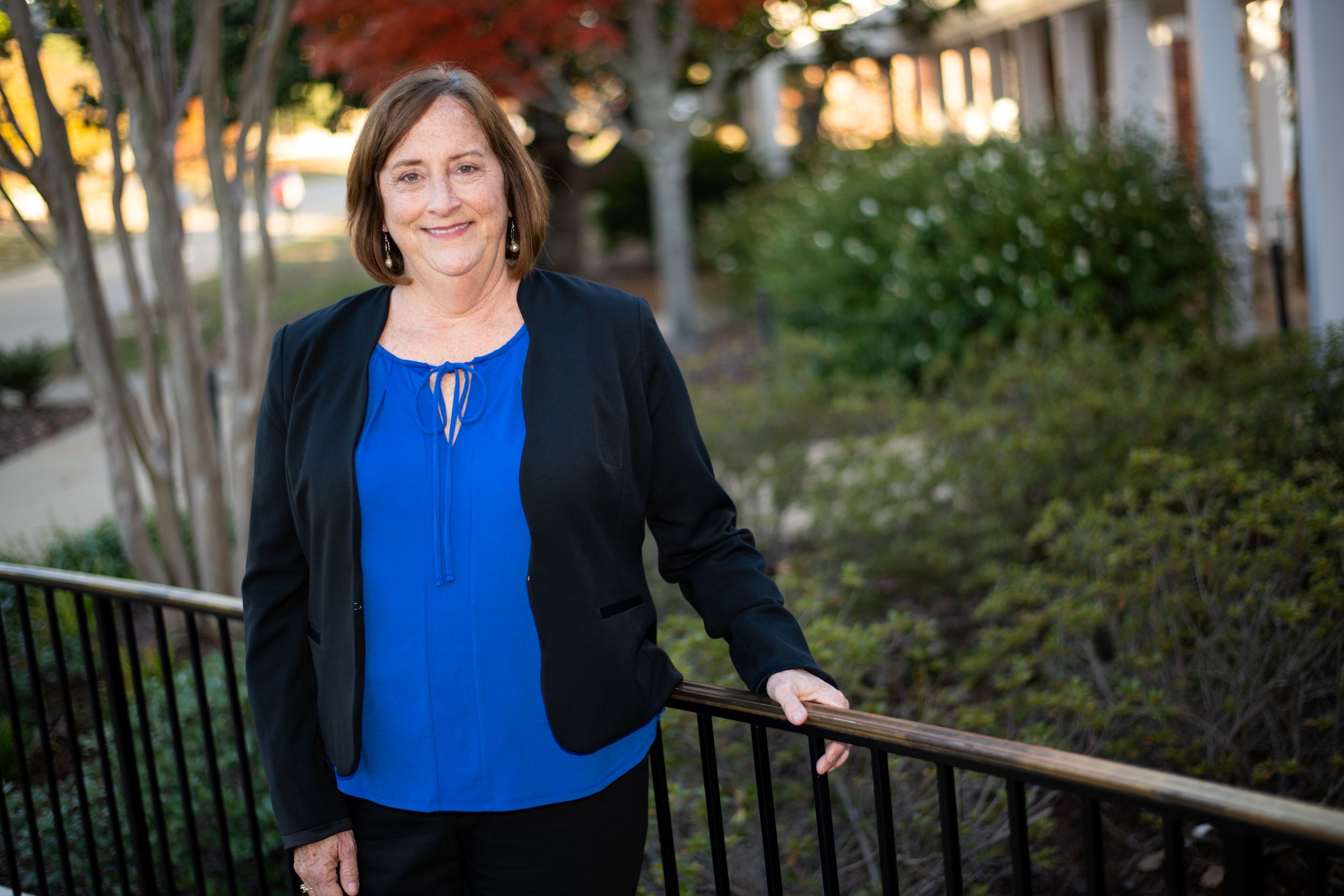
The Safe Sleep for Babies Act of 2021 became law on May 16, officially banning the use of certain sleep products deemed hazardous to a child. This was welcome news to Ann Lambert, an associate clinical professor in Auburn’s College of Nursing, who has been a strong advocate for safe sleep practices throughout her more than 35-year career. A pediatric nurse practitioner since 2000, Lambert explains what the law means for preventing infant deaths.
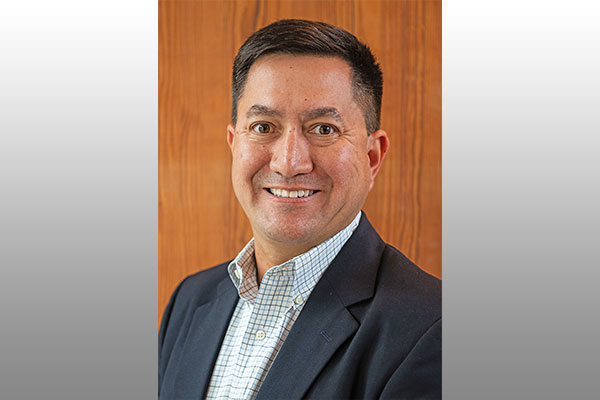
Wild pigs cause significant damage to agricultural crops and the environment each year and can pose risks to native wildlife, livestock and human health and safety. Damage to agriculture nationally likely exceeds $1 billion per year. Professor Mark Smith of Auburn University’s College of Forestry, Wildlife and Environment and the Alabama Cooperative Extension System says control and eradication measures need to be implemented immediately once wild pigs appear on a landowner’s property.
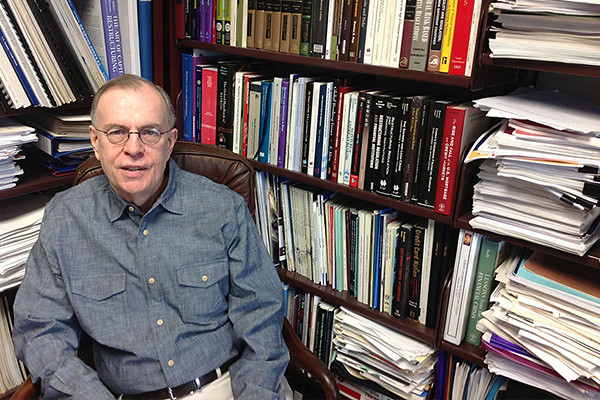
Auburn University finance scholar James Barth says the stock market drop is not a bubble bursting, but is due mainly to the Federal Reserve’s decision to raise interest rates as a way to combat inflation. He says investors should determine their individual investment strategy based on age.
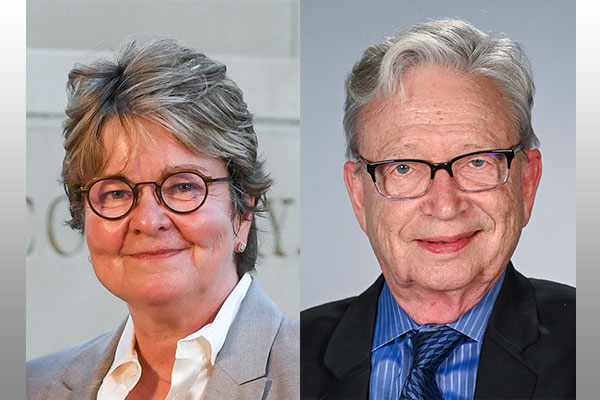
Auburn University business ethics scholars Linda and O.C. Ferrell say companies’ profitability has been tied directly to sustainability advancements and that 70% of consumers consider sustainability to be an important factor when making a purchase.
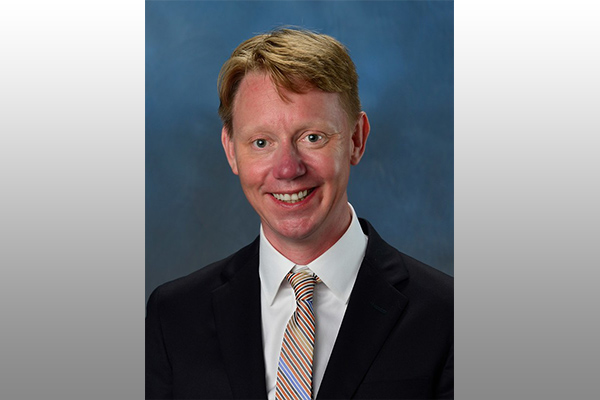
This week, star gazers will be able to view the Eta Aquariids meteor shower, which experts say will be most visible in the early morning hours of Thursday, May 5. Auburn University Associate Professor of Physics Dennis Bodewits discussed the celestial event and how showers of this type are created.
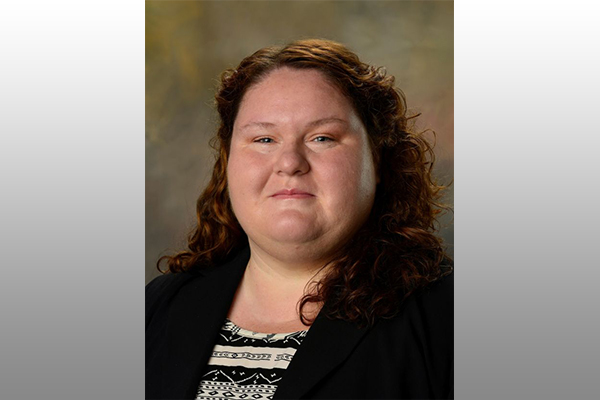
Streaming service giant Netflix is experimenting with its pricing policies in a handful of countries in response to high rates of account sharing. Eleanor Patterson, assistant professor of media studies in the College of Liberal Arts at Auburn University, explains what this experiment means for U.S. account sharing and the future of streaming platforms.
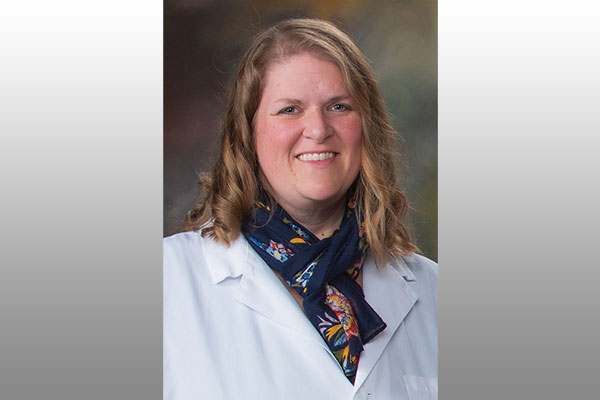
As spring temperatures rise, so does the occurrence of ticks and fleas. Dr. Lindsay Starkey, associate professor in Auburn University’s College of Veterinary Medicine, gives some tips on how we can keep the pests away from our pets, as well away from us. Starkey is a diplomate of the American College of Veterinary Microbiology with a parasitology subspecialty. Her research interests include vector-borne infections, primarily those transmitted by ticks and mosquitoes, and food-borne parasitic diseases.
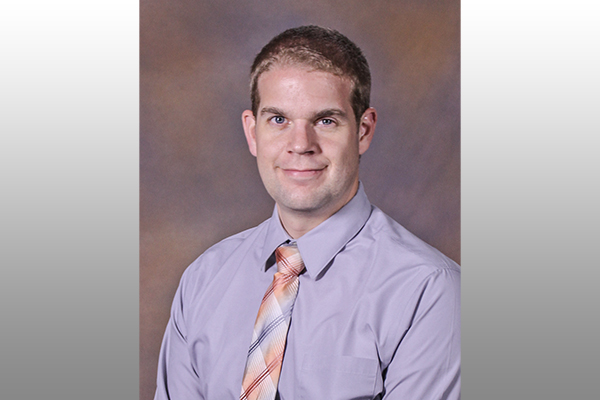
In March, actor Bruce Willis’ family announced he will retire from acting after being diagnosed with aphasia. Aphasia is a speech-language disorder that affects the communication abilities of an estimated one million Americans. Dallin Bailey, associate professor of Speech, Language and Hearing Sciences in the College of Liberal Arts and an expert on aphasia treatment, explains what it means to live with aphasia.
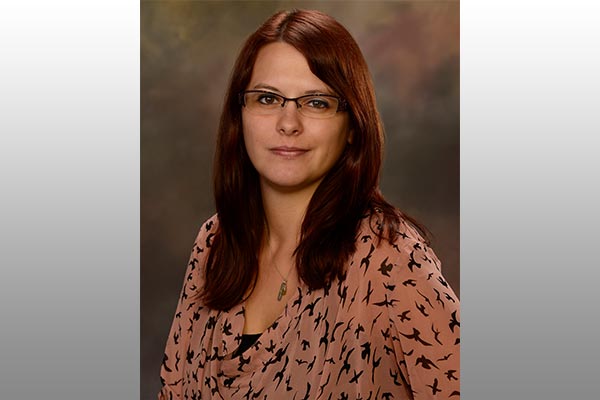
It’s been nearly six weeks since Russian military forces invaded Ukraine. The conflict may be some 5,000 miles away, but with social media providing 24-hour news coverage of the devastation, young people are seeing a war unfold before their eyes for the first time. Coupled with the stress of an ongoing global pandemic, today’s youth are facing a world they’ve never seen before. Diana Samek, an associate professor in the Department of Human Development and Family Science in the College of Human Sciences at Auburn University who studies adolescent and young adult development, addresses the mental and social impact these issues have on this young population.
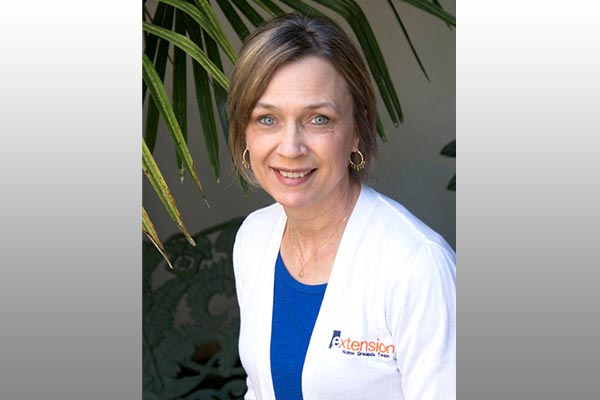
Kerry Smith, Alabama Extension Master Gardeners coordinator, discusses tips for first-time gardeners, the rise in gardening as food prices increase, plant health and how to have a garden even if you have limited space. Smith also serves as Extension’s Home Grounds Team co-coordinator and as an Auburn University Department of Horticulture outreach administrator.
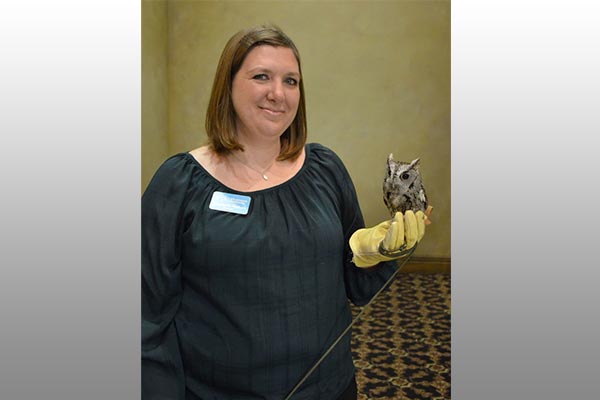
When spring arrives, so does an increase in the number of raptors, or birds of prey, “rescued” by well-meaning Good Samaritans. But do most really need rescuing at all, or are they better off being left where they are? Stephanie Kadletz, a raptor rehabilitation specialist at the Auburn College of Veterinary Medicine’s Southeastern Raptor Center, weighs in with some advice.
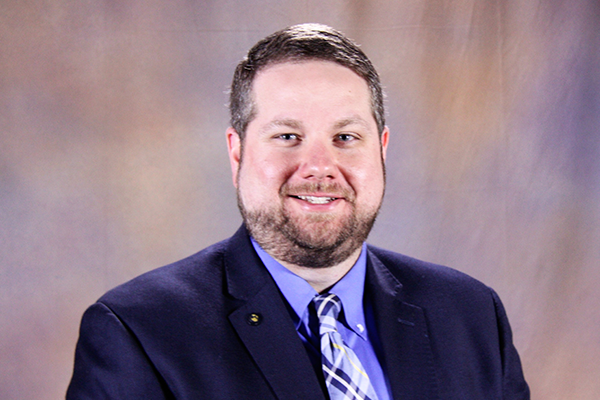
Auburn University experts are closely monitoring the Russia-Ukraine war and its impact both at home and abroad. Matthew Clary, senior lecturer in the Department of Political Science at Auburn University, explains the current state of the conflict, how U.S. citizens will be affected and how they can support Ukraine from home.

Joseph Giambrone, professor emeritus in the Auburn University College of Agriculture’s Department of Poultry Science with a joint appointment in the College of Veterinary Medicine’s Department of Pathobiology, has penned this article stating COVID-19 is now endemic worldwide and will never be eradicated and, therefore, we must learn to live with the prospect of emerging variants. He hopes we can regard COVID-19 as the “influenza of the 2020s” and receive an annual booster vaccination.
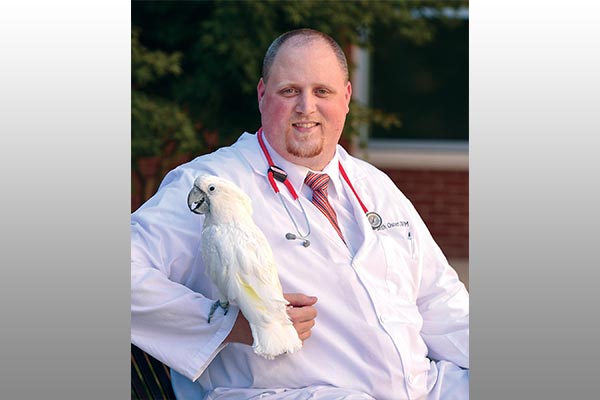
Avian flu is starting to spread along the East Coast after initially being found in South Carolina in mid-January. Dr. Seth Oster of the Southeastern Raptor Center in Auburn University’s College of Veterinary Medicine describes avian flu and its potential impact on bird populations.
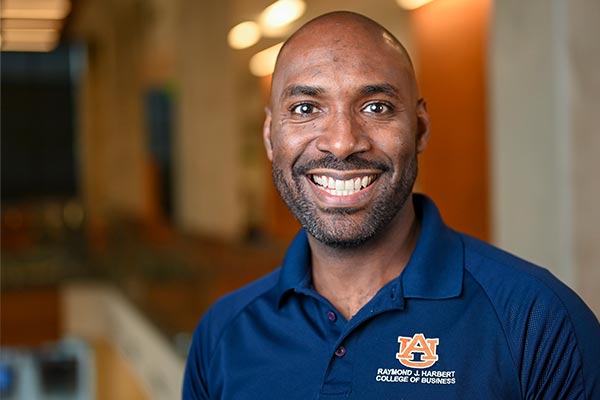
Inflation and interest rates are expected to rise in 2022, so now is the time to develop a personal budget to ensure a healthy financial picture. Damion McIntosh, senior lecturer of finance in Auburn University’s Harbert College of Business, says individuals should review their finances, document everything, ask critical questions and put a plan in place.
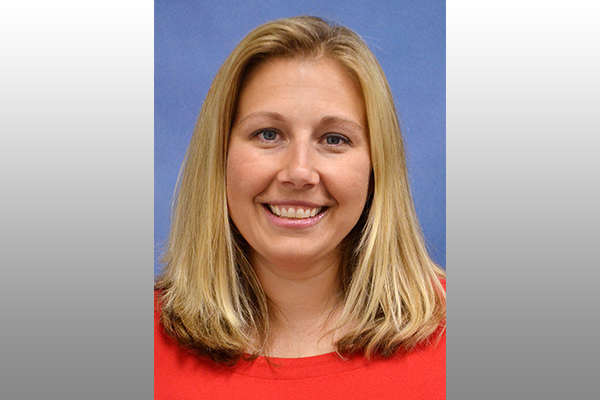
At the start of a new year, many individuals set resolutions to live healthier lifestyles–either through diet changes, exercise or some combination of the two. However, many people admit to giving up on their resolutions early in the year, despite their best intentions when the resolutions were set. Danielle Wadsworth, an associate professor in the College of Education’s School of Kinesiology, answered a few questions on how people can stay on track with their goals.
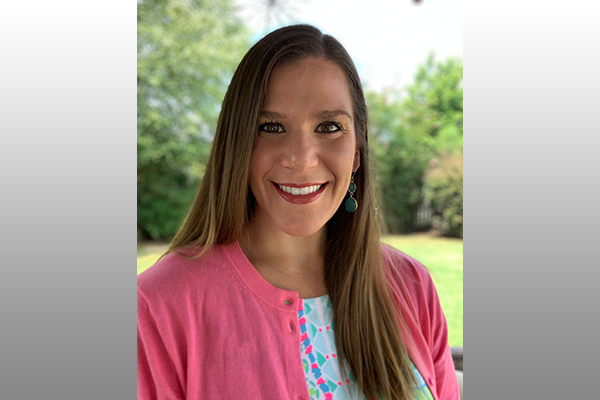
The holidays are a festive time where people come together to worship, give thanks and celebrate life, but they also can be a difficult time for many. Whether it’s remembering those who have been lost or the amplification of stressful interaction with family and friends, the holiday blues are an unfortunate reality for countless people.
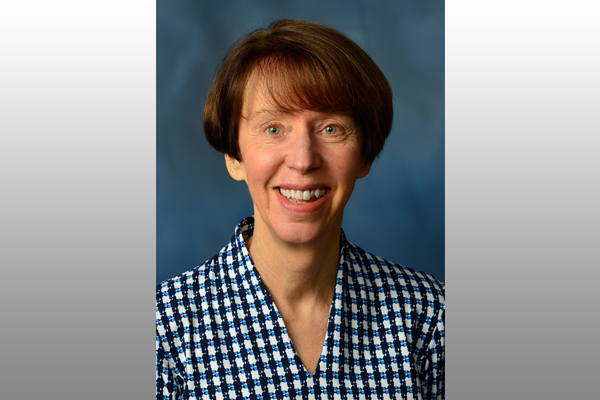
Auburn University Professor Kimberly Key provides advice on year-end financial and tax planning. She serves as the PWC Professor of Accounting in Auburn University’s Harbert College of Business.

A new variant of SARS-CoV-2 was first isolated and characterized from South Africa on Nov. 9. This “variant of concern” is designated Omicron by the World Health Organization for the 15th letter of the Greek alphabet. The virus has a “constellation” of mutations more than 50 total, of which 32 are in the all-important spike protein, which may cause the virus to be more transmissible, produce more severe disease and override existing immunity. The reason for this concern is that prior variants have had only a few mutations in the spike protein. Scientists indicate that there is much work that needs to be done examining this variant in terms of transmissibility, severity of illness and, most importantly, whether protection stimulated by multiple doses of currently approved vaccines will provide significant protection against infection or clinical signs. Initial data from areas with a high number of positive cases indicate that the Omicron variant is more infectious than the Delta virus. However, more data needs to be collected on the incidence and severity of disease produced by this new variant in areas with a high frequency of positive cases.

Space-related storylines have proliferated the news in recent weeks, from reports of space debris forcing astronauts at the International Space Station, or ISS, to take shelter or maneuver the station out of harm’s way, to satellite launches aimed at meteors. In addition, NASA will launch a revolutionary telescope on Dec. 18 that will give scientists expanded capabilities for novel research projects designed to study the formation of planets. Auburn University Associate Professor of Physics Dennis Bodewits discussed the recent news and what the future may hold for space research.

With the appearance of the omicron variant of the SARS-CoV-2 virus, there are a number of questions regarding what the disease is, how it is transmitted, who is vulnerable and how it is treated. Marilyn Bulloch, associate clinical professor in the Harrison School of Pharmacy’s Department of Pharmacy Practice, provides comments on what is known about the newest variant.
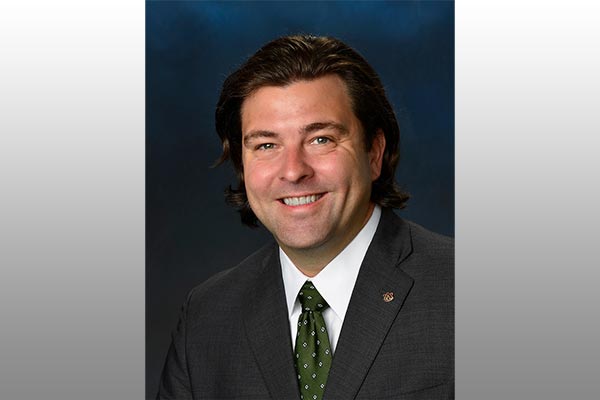
Justin Patton, director of Auburn University’s RFID Lab, provides insight into RFID regarding holiday shipping, supply chain issues and current developments in the application of RFID technology. Auburn’s RFID Lab is a research institute focusing on the business case and technical implementation of emerging technologies in retail, supply chain, aerospace and manufacturing.
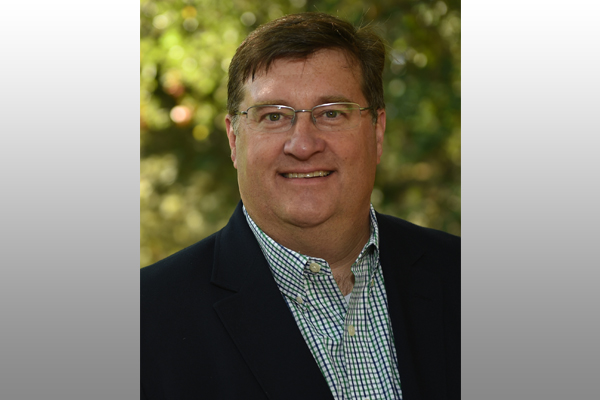
Businesses survive and thrive on supply and demand. They rely on the supply chain to get products from production to consumers, but when a global pandemic disrupts that chain of events, consumers are left without and demanding more. Product shortages likely will worsen into this holiday season as supplies dwindle and demand increases. In the beginning of the pandemic in 2020, paper products like toilet paper and paper towels were available in limited quantities or not at all. Eighteen months later, consumers are finding stores lacking in such products as half-and-half, yogurt and meat. And now experts say toys will be scarce for even Santa Claus to produce this holiday season.
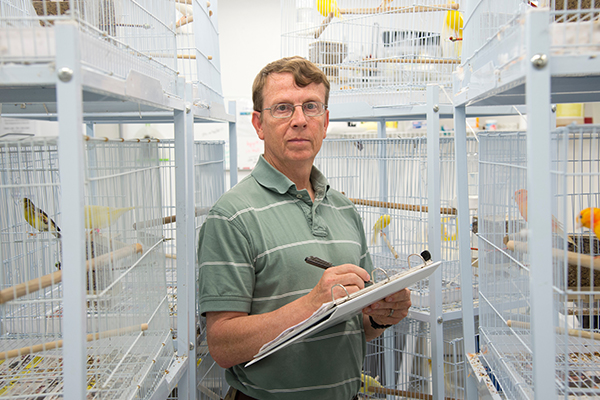
The Associated Press recently reported that the U.S. government declared 23 species extinct, including the ivory-billed woodpecker that once frequently inhabited the Southeast. But according to Auburn University biological sciences professor and researcher Geoffrey Hill, the bird’s inclusion on the list was premature. Hill, the university’s curator of birds, contends that the woodpecker is simply effective at eluding researchers and conservationists. Hill is a fellow in the American Association for the Advancement for Science and the American Ornithological Society. He teaches ornithology—a branch of zoology dealing with the study of birds—among his courses and is the author of the 2007 book “Ivorybill Hunters: The Search for Proof in a Flooded Wilderness.” He discussed the U.S. Fish and Wildlife Service’s report, the effect of urbanization and climate change on bird habitats and more in this edition of Expert Answers.
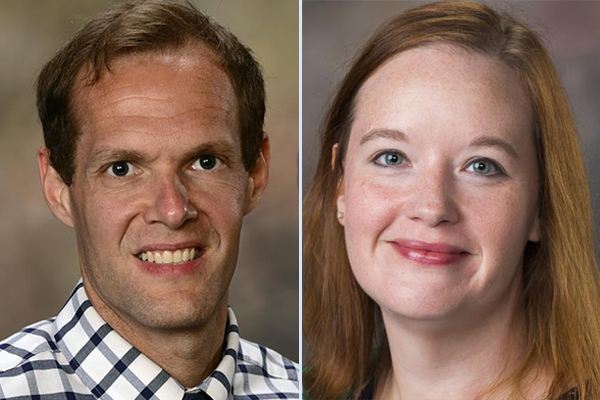
Sunday, Oct. 10, is World Mental Health Day, a day to help raise awareness for mental health issues around the world and to mobilize efforts in support of mental health. Maintaining one’s mental health during a global pandemic has never been more important, and that certainly rings true for members of the Auburn Family. Dustin Johnson, a licensed psychologist and assistant director for outreach at Auburn University’s Student Counseling & Psychological Services, or SPCS, and Joeleen Cooper-Bhatia, a licensed psychologist and associate director of SCPS, offer helpful tips for keeping mental health a priority, especially with the university at the mid-semester mark.

There are important public health aspects that we have learned from COVID-19 during the past 18 months, which can help us prevent future pandemics. The most significant ones are that mutual cooperation between universities, government and industrial companies is instrumental in the development of vaccines and treatments through applied research into basic and applied molecular biology and that governmental agencies are needed to establish sound scientific protocols and supervise field trials of these vaccines and therapeutics.
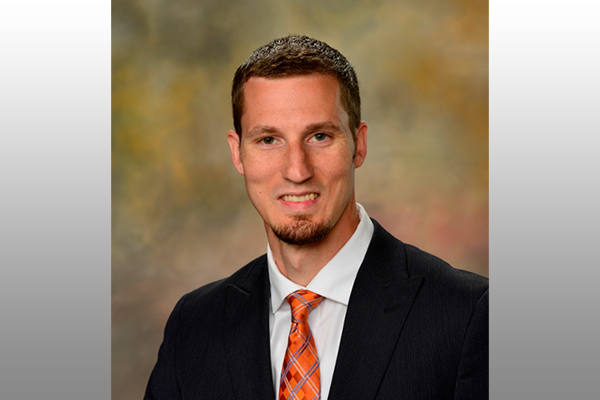
The 2021 Atlantic hurricane season is well underway, with Hurricane Ida being the strongest storm so far. The latest storm system, Hurricane Nicholas, has weakened as it moved inland along the Texas gulf.
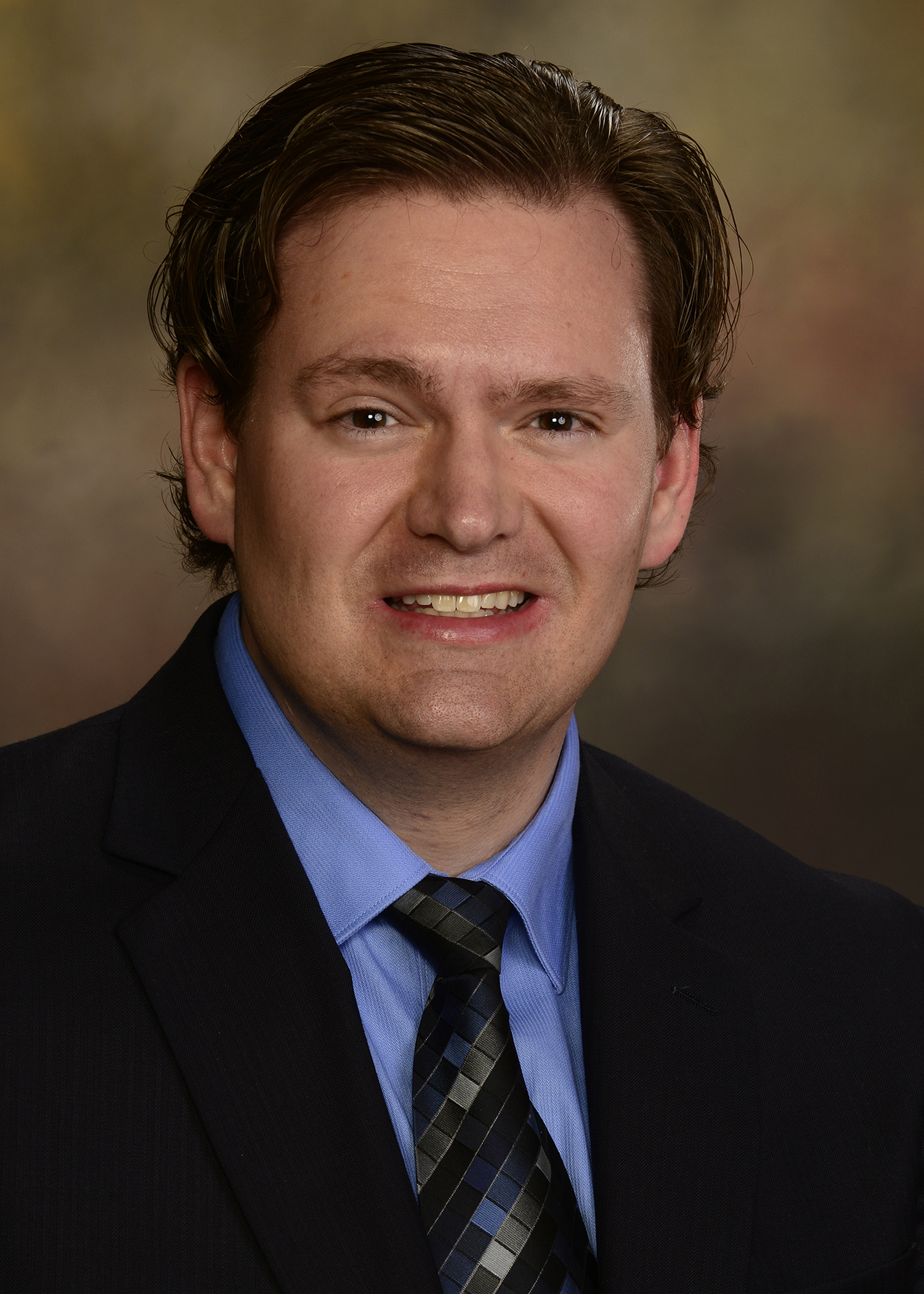
As we continue to navigate the COVID-19 pandemic, vaccines and vaccination status dominate the conversation. With variants of the virus continuing to emerge and breakthrough cases becoming common, many have questions regarding the vaccines and what it would take to end the pandemic.

Following the Sept. 11, 2001, terrorist attacks, President George W. Bush established the Office of Homeland Security to develop and coordinate a comprehensive national strategy to secure the United States from terrorist threats or attacks. Bush appointed Frank Cilluffo to the newly created office, which became the Department of Homeland Security on Nov. 25, 2002.
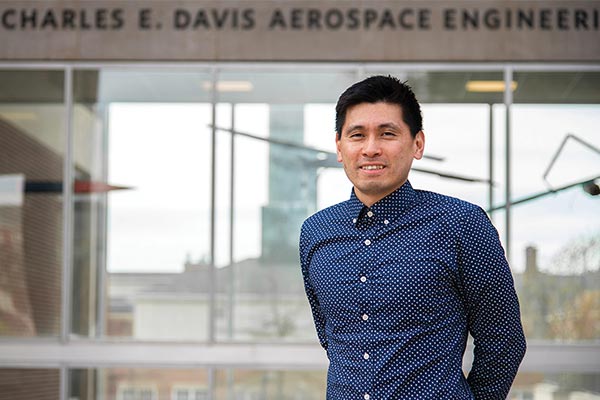
NASA scientists recently disclosed that asteroid Bennu’s slim odds of striking Earth by 2300 are on the rise. According to a report, Bennu will pass within “half the distance of the moon” in 2135. Masatoshi Hirabayashi, assistant professor in aerospace engineering at the Samuel Ginn College of Engineering, weighed in.
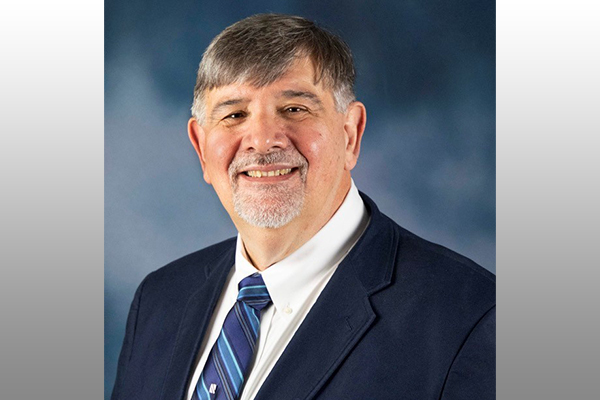
The education realm has been one of the sectors most affected by the COVID-19 pandemic, as educators, administrators, parents and students had to scramble to adjust to policies and guidelines put in place in the interest of public health. Faced with numerous obstacles from a variety of angles, educators have had to find creative ways to reach and teach students and adjust the way the teachers of tomorrow are trained. Auburn University’s W. Gary Martin, the Emily R. and Gerald S. Leischuck Endowed Professor of mathematics in the Department of Curriculum and Teaching, describes the last year-and-a-half in higher education and examines how and if changes made in the wake of the pandemic will affect education training in the future.

This editorial is not intended to offend, it is a plea for an acceptance of reality and to prevent unnecessary illness, misery and death. Without question COVID-19 is the preeminent epidemic of the U.S. in the past century. We have experienced 34.4 million diagnosed cases and possibly three times as many infections that were not confirmed because of deficiencies in testing and a high proportion of asymptomatic cases. We have lost 610,000 of our fellow citizens, also an undercount, leaving millions of grieving relatives. We have spent trillions on alleviating the economic fallout arising from necessary quarantines and shutdowns implemented to control the infection during at least 12 pre-vaccination months.
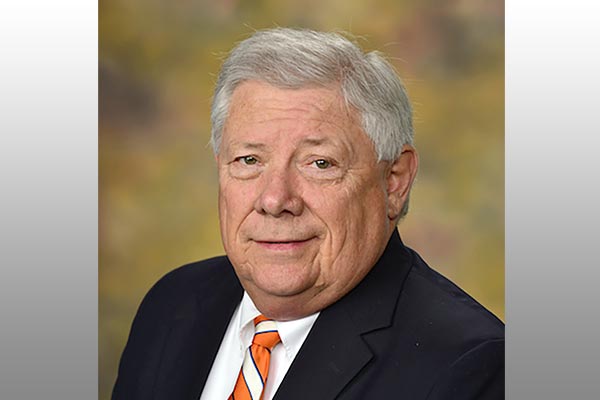
Beef has been on the dinner table throughout our history in modern society. When humankind transitioned from being hunters and gathers to farmers and ranchers, efficiency of our food supply chain increased. The efficiency of producing food has continued to increase throughout our recent past generations. Statistics show that in the 1930s one farmer fed four other people. In the 1970s the statistic was 73 people; and today, one farmer feeds approximately 170 people. The data indicates that one farmer has increased the number of people fed by two individuals each year since the Great Depression. Prior to 1950 the increase was only one person per year; but, during the latter half of the 20th century the annual increase in the number of people a farmer fed was 2.4 people. This rapid shift in the increase of efficiency of the American farmer and rancher is directly related to the development and implementation of technology in modern day agriculture. This is especially true for beef production systems. Today, the innovative development of genetics, management, nutrition and reproduction technologies into cow herds results in 36% fewer cattle needed to produce the same amount of beef that was produced in 1975. Implementation of these technologies developed by scientists at land grant universities, USDA and private industry has been the foundation of the increased efficiency in beef production.
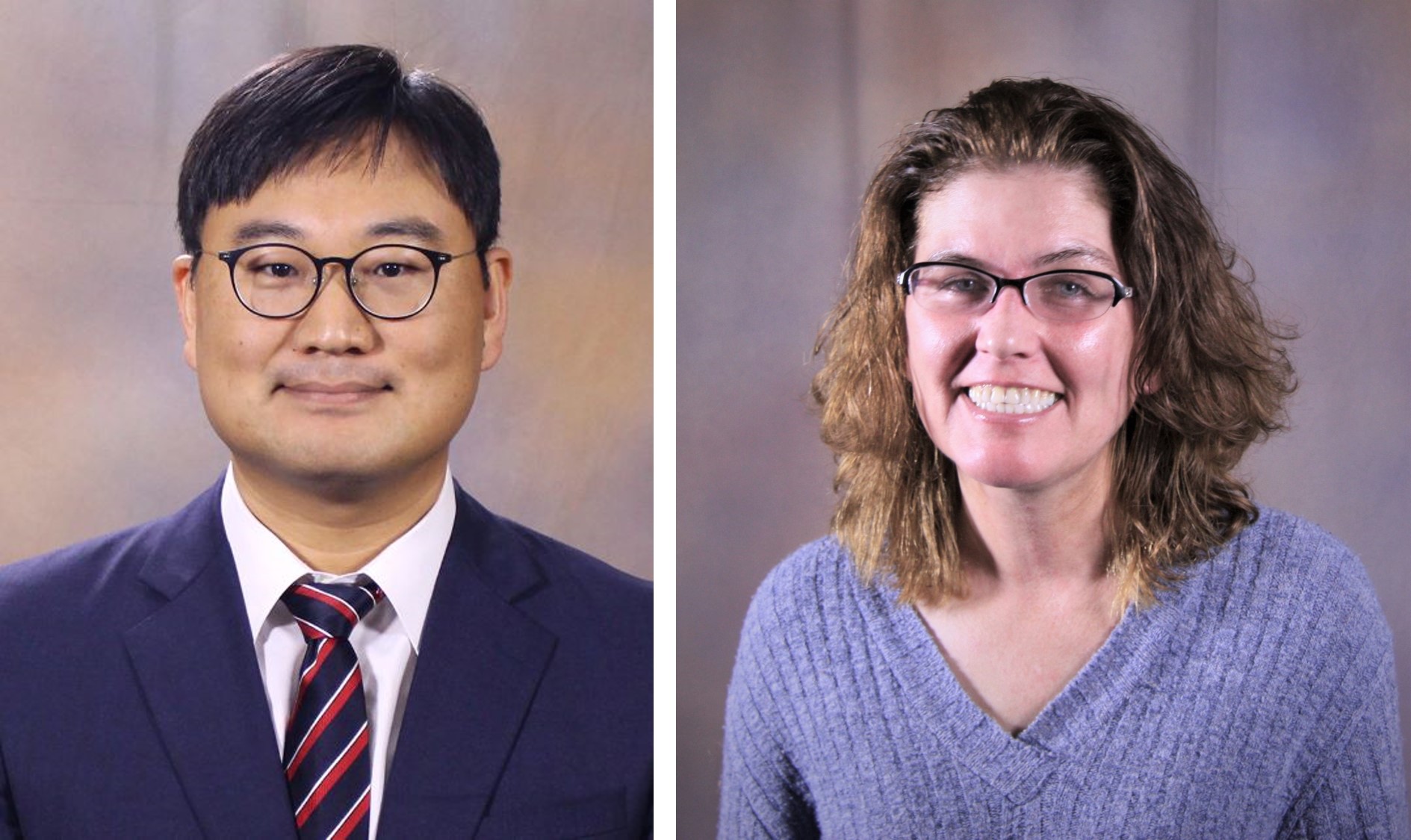
Recently, U.S. President Joe Biden signed a law that aims to address a rising number of anti-Asian attacks. To comment on the significance of this bill, and to elaborate on some of the perceptions Americans have about Asia, Myoung-Gi Chon and Carolyn FitzGerald, both faculty in the College of Liberal Arts, answer some questions about the treatment of, and attitudes toward, Asians in America.
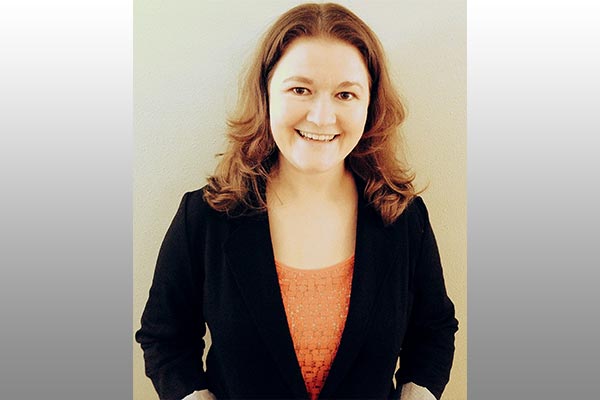
As many people prepare for cookouts and fun gatherings for the Fourth of July weekend, those celebrating could be doing so not only with family and friends, but also an unwanted seasonal pest–the fruit fly. Auburn University’s Laurie Stevison, an assistant professor in the Department of Biological Sciences, is an expert on the tiny, airborne nuisance. She offers the below information about how you can rid your home of them and how in some ways they can actually be beneficial.

Viruses are known to constantly mutate and change, and the COVID-19 coronavirus is no exception. The Delta and Delta Plus variants of the virus have drawn considerable attention lately after becoming more predominant in the United States.
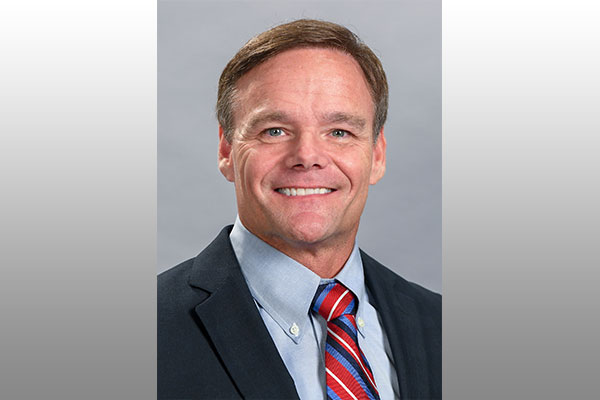
Casey Cegielski, the J.W. Woodrow, Sr., Professor in Systems and Technology in Auburn University’s Harbert College of Business, discusses the nation’s recent surge in ransomware, which has become a national security risk. According to a report, the U.S. suffered from roughly 65,000 ransomware attacks last year—most recently and notably the Colonial Pipeline, which temporarily shut down oil production on the East Coast. Cegielski has authored more than 60 research articles, focusing on cybersecurity and the inter-organizational use of cloud-based technologies.
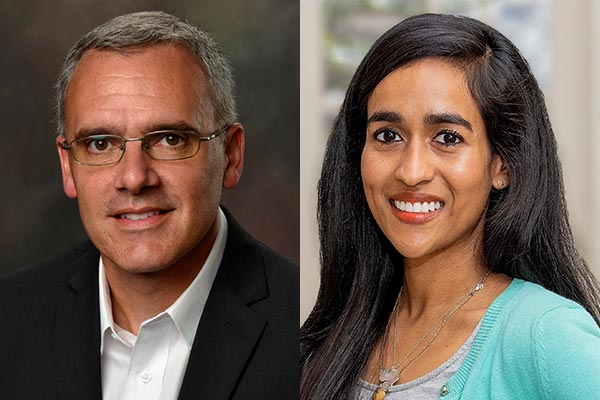
With Naomi Osaka’s recent withdrawal from the French Open to focus on her mental health, the topic has moved to the forefront of public discussion. The 23-year-old’s bold stand has served as a reminder of the importance of maintaining one’s mental health in addition to one’s physical health as a key to a balanced life.

During the first week in June, it was estimated that 40% of the U.S. population has been fully vaccinated against COVID-19 and 60% have received one dose. The Biden Administration has set a goal of vaccinating 70% of the U.S. population by July 4, since in the region of 75-80% of our population should be immune to the predominant strain and variants of SARS-CoV-2 virus. Experience in South Africa, India and the European Union has demonstrated that a population with a high level of susceptibility and with an increasing incidence rate will result in the evolution of mutants. These may be more infectious and have greater pathogenicity than the original January 2020 strain, thereby delaying effective control of the pandemic.
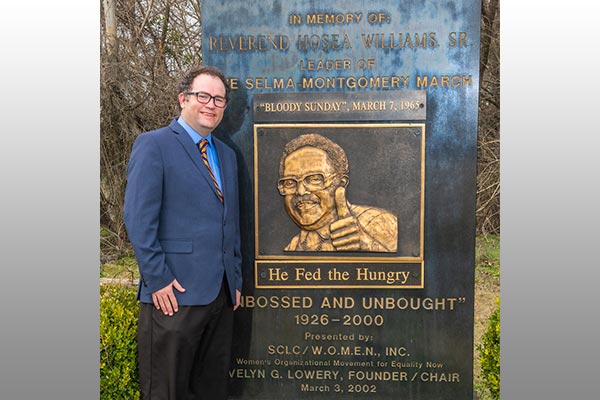
On May 31, 1921, an atrocity known as the Tulsa Race Massacre began in the thriving Greenwood District of the Oklahoma metropolis. More than 35 city blocks were burned to the ground and hundreds of Black citizens were killed, erasing what was known as Black Wall Street, a booming center of Black ingenuity and promise. A new documentary about the massacre – executive produced by NBA All-Star and philanthropist Russell Westbrook and directed by Peabody and Emmy Award winner Stanley Nelson and Peabody and duPont Award winner Marco Williams – will air on the HISTORY channel on Sunday, May 30.
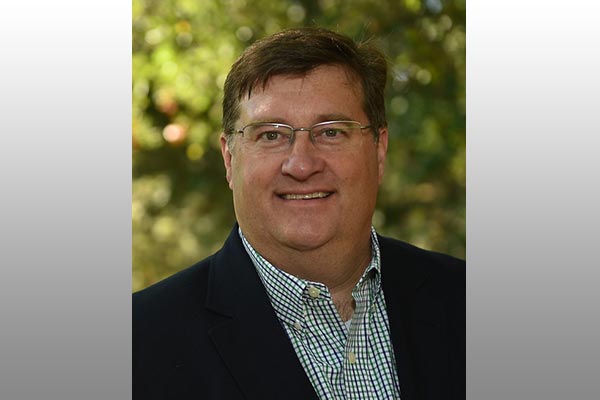
Glenn Richey, the Raymond J. Harbert Eminent Scholar and chair of the Department of Supply Chain Management in Auburn University’s Harbert College of Business, comments on gas supply and demand and the expectations for future gas prices. He says the U.S. needs to allow more production and exploration, support innovation, assist in pipeline upgrades and fund alternative energy creation and supply.
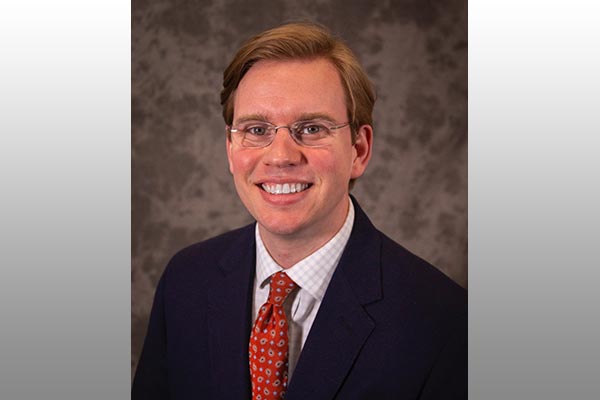
Alabama’s unemployment numbers are below the national average at less than 4%, but many business owners are struggling to fill their staffing needs due to a workforce shortage. Matt Ulmer, Community Workforce, Leadership & Economic Development specialist for the Alabama Cooperative Extension System at Auburn University, weighs in on the issue and gives insight into how the situation may play out through the summer and remainder of 2021.
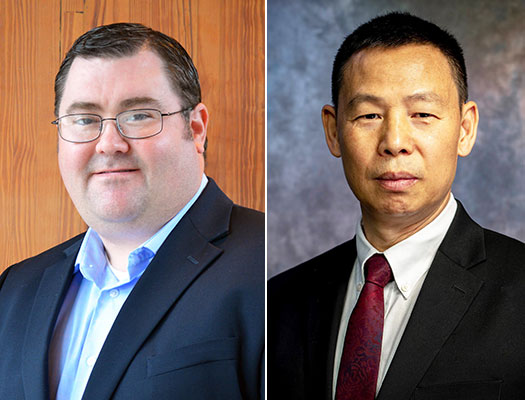
Auburn University forestry professors Adam Maggard and Daowei Zhang provide insight into the rising cost of lumber and discuss what can be expected in the future. Maggard is an assistant professor of forest systems management in the School of Forestry and Wildlife Sciences and an Alabama Extension specialist. Zhang is the school’s associate dean of research and serves an Alumni Professor and the George W. Peake Professor of Forest Economics

Herd immunity occurs when a large portion of a community (the herd) becomes immune to a disease, making the spread of disease from person to person less likely. As a result, the whole community becomes protected, not just those who are immune. Often, a percentage of the population must be capable of getting a disease in order for it to spread. This is known as the herd immunity threshold. The percentage of a community that needs to be immune in order to achieve herd immunity varies from disease to disease. The more contagious a disease is, the greater the proportion of the population that needs to be immune to the disease to stop its spread. For example, the measles is a highly contagious illness. It is estimated that 94% of the population must be immune to interrupt the chain of transmission.
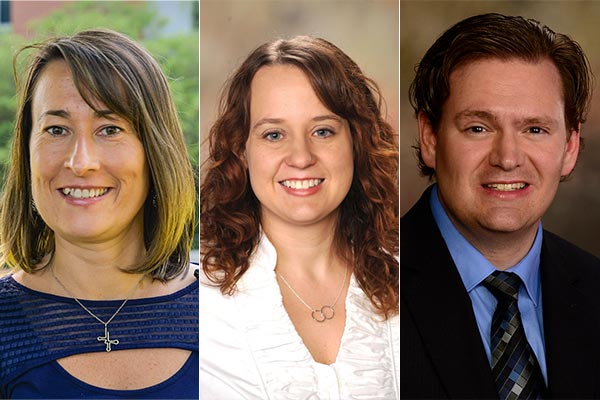
As the COVID-19 global pandemic persists and the country slowly inches its way toward herd immunity, many Americans remain reluctant to get the vaccine and demand for the much sought-after inoculation has waned in recent weeks. Everything from skepticism, personal beliefs, a “wait and see” mentality and even misinformation have contributed to the waning of numbers of those signing up to get the vaccine.
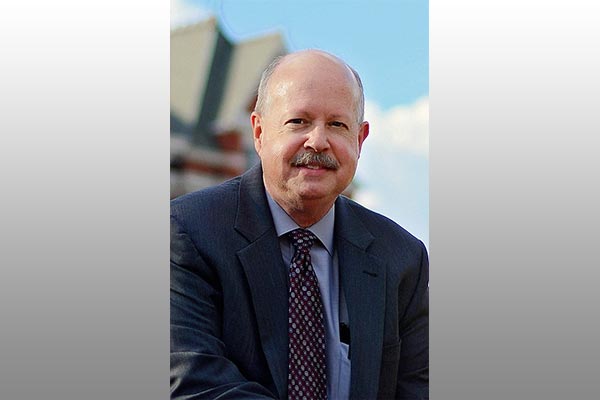
Professor Bob Norton, chair of the Auburn University Food System Institute’s Food and Water Defense Working Group, discusses the importance of a safe and secure food chain, especially in connection with COVID-19 and cybersecurity. He says the pandemic has created problems, as well as opportunities, in the food and agriculture sector.

COVID-19 infection and hospitalization rates are falling nationwide, but experts talk in dire terms about what will happen if variants of the virus are allowed to continue to surge this spring. There is a continual threat of emerging coronavirus variants that may increase the transmissibly, increase the disease-causing ability of the virus and/or weaken the effectiveness of immunizations.
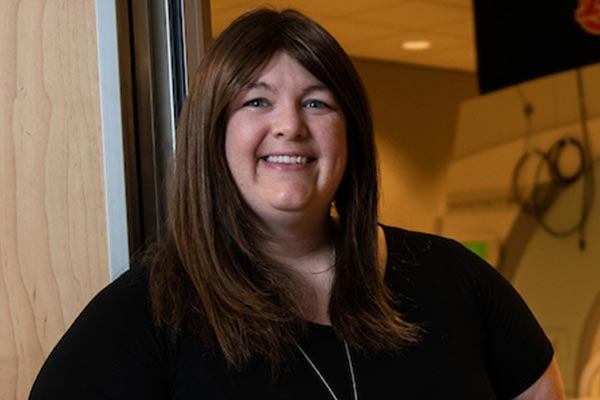
Sleep is a billion-dollar industry, yet a good night’s sleep is elusive to many, especially during these trying times as the COVID-19 pandemic lingers. Auburn University Psychology Professor Jennifer Robinson and her team have discovered a wide assortment of side effects from a lack of sleep. In addition to impaired motor skills, sleep deprivation also negatively affects emotions, decision-making abilities and overall health.

Supergiant Betelgeuse—normally the 10th-brightest star in the night sky—made headlines earlier this month based on analysis that has revealed the star dimmed significantly in 2020. The red-colored star—part of the constellation of Orion—is well-known to the science world because it has been observed and studied for centuries and is, at 750 times the size of the sun, easily visible to the naked eye. Melissa Halford, a lecturer in Auburn University’s Department of Physics in the College of Sciences and Mathematics, or COSAM, took some time to discuss the popular star, which is roughly 530 light years from Earth.
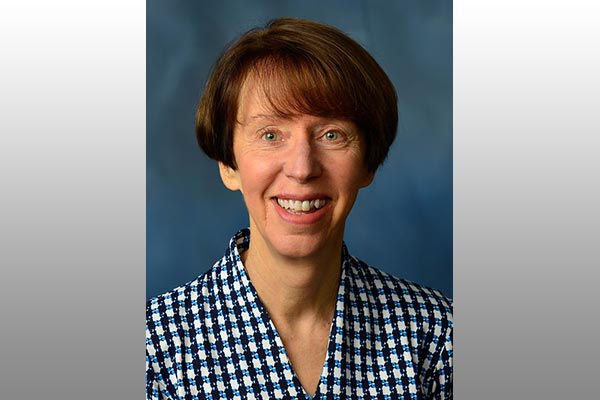
Auburn University Professor Kimberly Key provides information on tax preparation, tax laws and the effect of COVID-19 stimulus checks. She serves as the PWC Professor of Accounting in Auburn University’s Harbert College of Business.

In late December, the idea that safe, effective vaccines against COVID-19 had been created in less than a year seemed miraculous—a triumph of science and American ingenuity. It took only six weeks to tarnish that image. Pride in the remarkable feat has been replaced by confusion, accusations of unfairness, frustrating waits and the nightmare of vaccine vials gathering dust while tens of thousands of people die of what is now a preventable disease.

The recent market highs reached by Bitcoin, Ethereum and other major cryptocurrencies have sparked a dramatic uptick in interest in this 10-year-old class of digital currency. Fueled in part by renewed coverage in mainstream media and announcements of large purchases by hedge funds and traditional investment pools, Bitcoin and a handful of other leading cryptocurrencies are rapidly becoming embraced by merchants, financial institutions and consumers alike. Many experts believe that the higher-profile cryptocurrencies are on the brink of an explosion in popularity and value in the coming years.
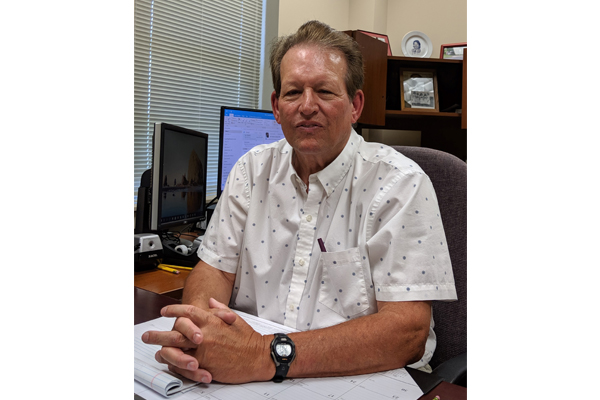
Approval of the two mRNA COVID-19 vaccines by the FDA in mid-December and possibly two more in February does not necessarily represent the beginning of the end. To quote Winston Churchill at the time of the successful conclusion of the Battle of Britain in 1941, having the two vaccines available for administration by the end of 2020 is certainly “the end of the beginning.” In an insightful opinion article in the Dec. 4 edition of The Wall Street Journal, Dr. Tom Frieden, previously a director of the Centers for Disease Control and Prevention, noted the logistic and epidemiologic restraints relating to vaccination in the presence of escalating incidence rates in most states, and elevated hospitalizations and mortality.
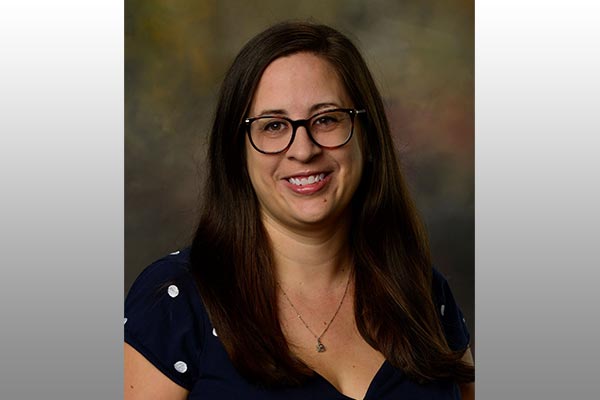
This time of year usually brings people together to celebrate the holidays. Whether it’s taking a trip to spend time with family or heading out with friends for a New Year's Eve celebration, a collective tendency toward togetherness is a fundamental part of the holidays. Even though many people are separated from friends and loved ones, Tracy Witte, the Alumni Professor and Jane Dickson Lanier Professor in Psychological Sciences at Auburn University, says we can find new ways to celebrate togetherness. With the coronavirus still raging and record numbers still being set, Witte offers some positive ways people can safely celebrate the holidays.

Auburn University Professor Kimberly Key provides advice on year-end financial and tax planning, including circumstances due to COVID-19. She serves as the PWC Professor of Accounting in Auburn University’s Harbert College of Business.
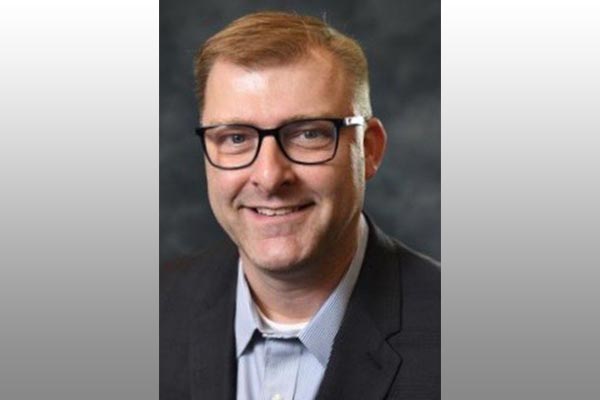
Most families will experience a Thanksgiving like none other this year due to a resurgence of COVID-19 influencing travel plans and gathering sizes. Auburn University Assistant Professor of Sociology, Anthropology and Social Work Anthony Campbell believes there are ample opportunities for people to enjoy the holiday, focus on what makes them thankful and avoid any negativity that may be looming as we conclude what has been a long year for everyone. He offers insight below about everything from positivity, enjoying family, putting differences aside, maintaining mental health and focusing on relationships that create happiness.
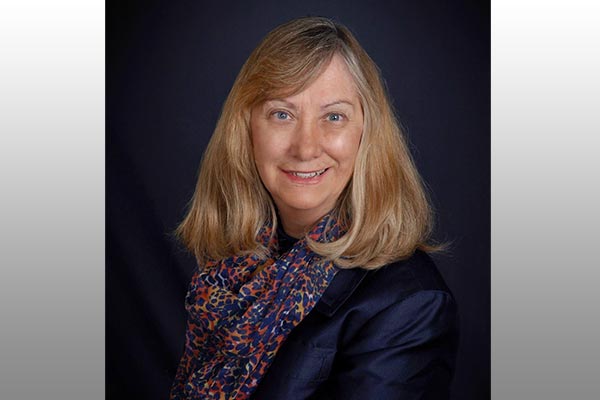
Food safety should be practiced every day, but the proper handling, cooking and storage of foods gains even more attention on Thanksgiving Day. Jean Weese, formerly of the Auburn University Food Systems Institute, or AUFSI, explains how to be safe this holiday. Weese is long-time head of the Alabama Cooperative Extension Systems food safety and quality team, in addition to her role with AUFSI.
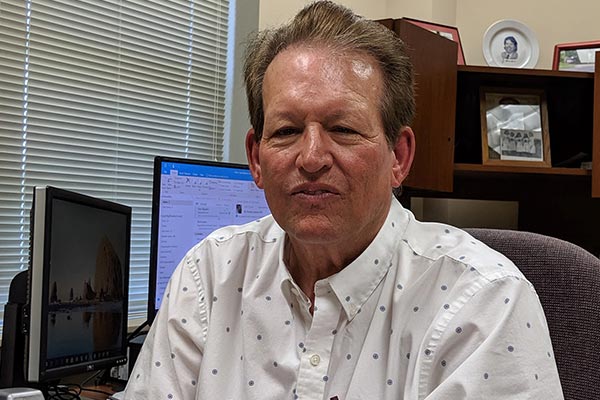
Although politically comforting and expedient, science does not support the principle of "herd immunity" for controlling the COVID-19 pandemic. Herd immunity is the term used when a sufficient number of individuals within a population become infected and immune, so the virus will no longer be able to circulate. Herd immunity has never been achieved with any disease without an effective vaccine stimulating durable immunity. Currently, there is insufficient knowledge concerning the antibody status of those recovering from COVID-19 irrespective of whether they were asymptomatic or required supportive treatment. Besides the increasing mortality due to the virus, the proponents of herd-immunity ignore the long-term consequences of infection. The virus can cause both cardiac and neural changes in addition to fatigue in the so-called “long haulers.” Therefore, the pandemic cannot be controlled until there is a safe and effective vaccine developed and administered to a significant number of people worldwide. This article will discuss the science behind the leading COVID-19 vaccine candidates and when can we expect commercially available vaccine(s).
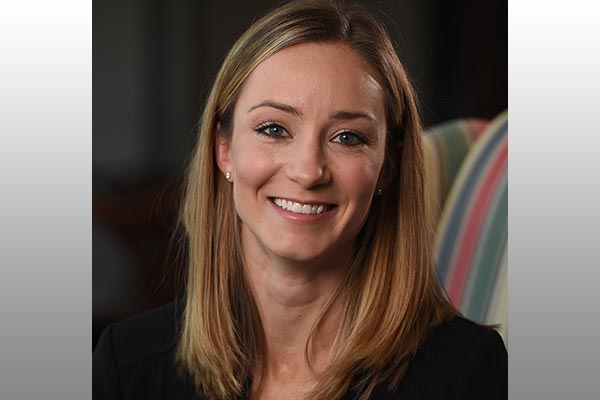
As the holiday shopping frenzy of Black Friday and Cyber Monday are upon us, what can brick-and-mortar stores and online retailers expect this season? Dora Bock, associate professor of marketing in Auburn University’s Harbert College of Business, comments on Nov. 27 Black Friday and Nov. 30 Cyber Monday sales predictions and trends.
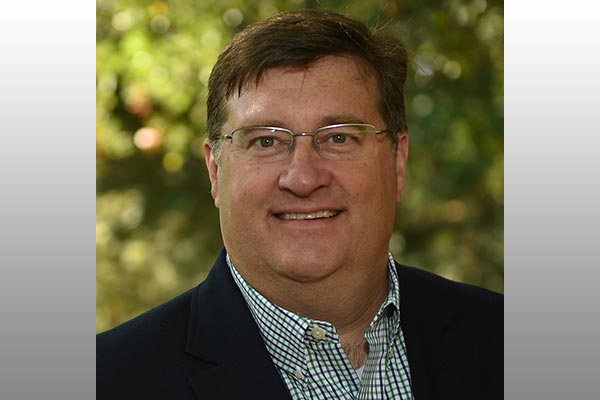
In a recent Wall Street Journal article, “COVID-19 Vaccine Delivery Will Challenge Cargo Airlines,” Doug Cameron, the WSJ’s deputy bureau chief in Chicago, lays out what pharmaceutical makers, cargo shipper and the entire medical services industry will face in delivering yet-to-be-approved vaccines to hospitals, medical offices and pharmacies across the United States and around the globe. Cameron’s article focuses on the air cargo segment of this specialized supply chain, which is already suffering from a shortage of planes equipped with the carefully controlled refrigeration transport and storage these vaccines will require. His findings in that segment of the vaccine supply chain raise real concerns and beg the question of what else needs to be done to ensure virtually every step in this critical health care delivery process succeeds.
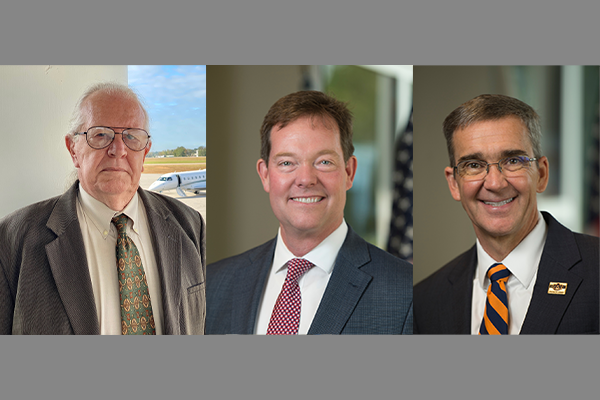
Like many industries, aviation is undergoing changes due to the pandemic. Three leaders from Auburn’s Department of Aviation—James Witte, department chair, James Birdsong, aviation program coordinator and recent winner of the 2020 Alumni Undergraduate Teaching Excellence Award, and Bill Hutto, past acting chair and Airport and Aviation Center director—discuss below the changing landscape of the aviation industry and how Auburn’s program is responding. They talked about how the Auburn Department of Aviation is rising to meet the needs of the aviation industry during the pandemic and discussed their outlook on the future of aviation.
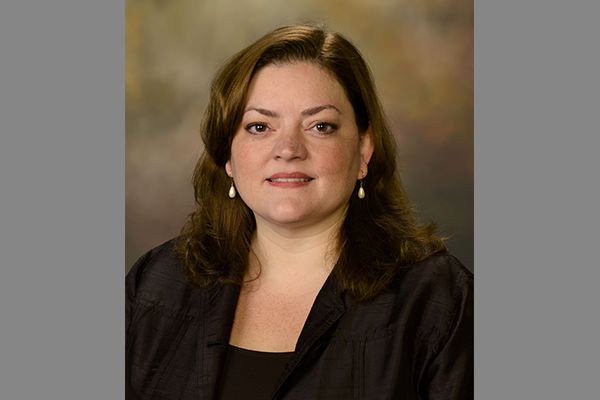
With the 2020 U.S. presidential election coming down to a razor-thin margin and votes still being counted in some key states, Auburn University Political Science Professor Mitchell Brown—co-director of the Election Administration Initiative—gives her thoughts on this week’s developments, how the uncertain outcome may play out and what procedures and policies may ultimately determine the winner. Brown is an expert on election administration (general and changes in process), counting and certification, audits and recounts, mail ballots and election security.
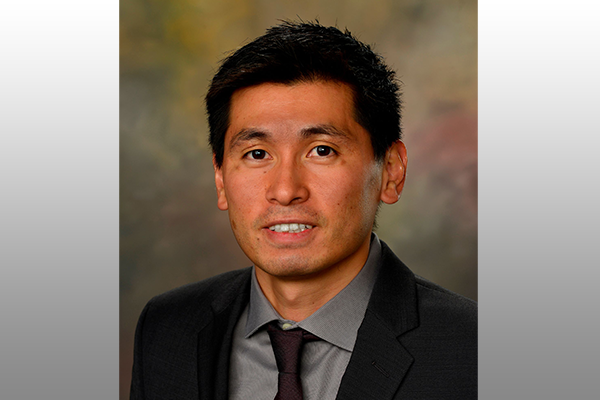
NASA sent shockwaves through the science and aerospace communities on Monday when it announced the discovery of water on the surface of the moon. Auburn Assistant Professor of Aerospace Engineering Toshi Hirabayashi discusses the significance of the discovery and talks about where it may have come from, what it may mean for the future of space exploration and perhaps even colonizing the moon.
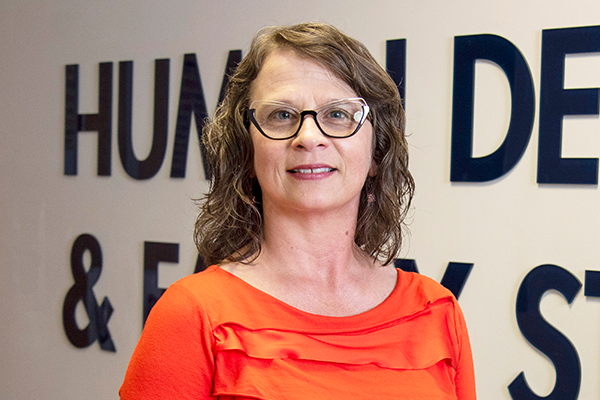
The COVID-19 pandemic has caused communities to modify or cancel large social gatherings. The upcoming Halloween holiday is no exception. While some communities are offering drive-thru trick-or-treating events in lieu of the traditional door-to-door candy gathering, others have canceled the holiday altogether. Angela Wiley, a professor and former Extension specialist in family life, explains how families can maintain some sense of normalcy when a global pandemic prevents your child from collecting candy from the neighborhood. Wiley is also the head of the Department of Human Development and Family Science in the College of Human Sciences at Auburn.
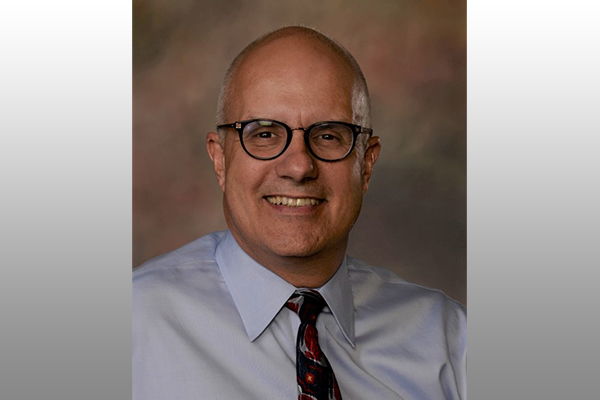
In honor of Oct. 22 being celebrated as Journalism Day by Auburn University’s School of Communication and Journalism, John Carvalho—professor and associate director for the school—took time to talk about how sports reporting has changed as a result of the COVID-19 pandemic. He weighs in on procedural and coverage policy changes he’s seen in the industry, as well as in the media relations realm, and talks about the adjustments he has made teaching sports writing at the university.
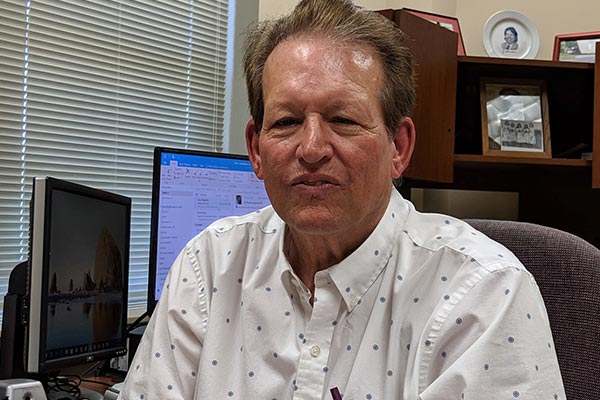
Close relatives of the SARS-CoV-2 have likely circulated in bats for decades before it was transmitted into humans, causing the worst pandemic in 100 years. A paper coauthored by Todd Castoe at the University of Texas-Arlington and published in the journal, Nature Microbiology, found no evidence that the virus was either manufactured or accidently released from a lab in Wuhan, China, as some have speculated. Sequencing of the entire viral genome of the SARS-CoV-2 virus and other coronaviruses isolated from bats over the past decades has shown they are similar and have been circulating and ready to infect humans for many years.

It is axiomatic that any vaccine to be deployed extensively in the U.S. or elsewhere should receive approval only after rigorous testing for both safety and efficacy. With more than six million cases and 200,000 fatalities, possibly rising to 400,000 deaths, the U.S. urgently needs a safe and effective vaccine.
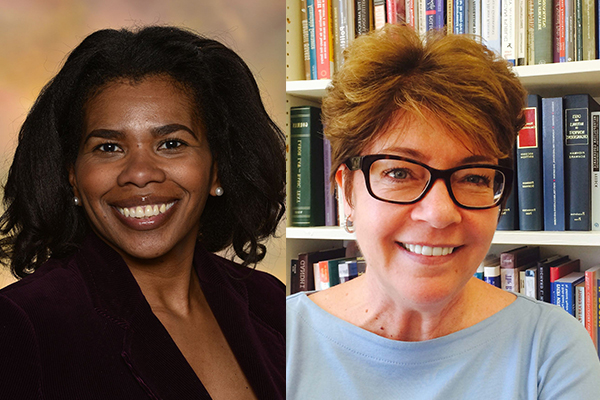
This year’s Election Day will be unlike any before, and many voters still have trepidations and questions as uncertainty swirls just six weeks ahead of the Nov. 3 vote. Auburn Political Science professors Bridgett A. King and Kathleen Hale, experts on elections and voting, recently participated in separate national panel discussions and offered their thoughts on everything from what in-person voting might look like logistically amid the COVID-19 pandemic and whether they expect people to vote in person or by mail, to a possible shortage of poll workers and local funding and what local election officials are doing to prepare for all types of contingencies.
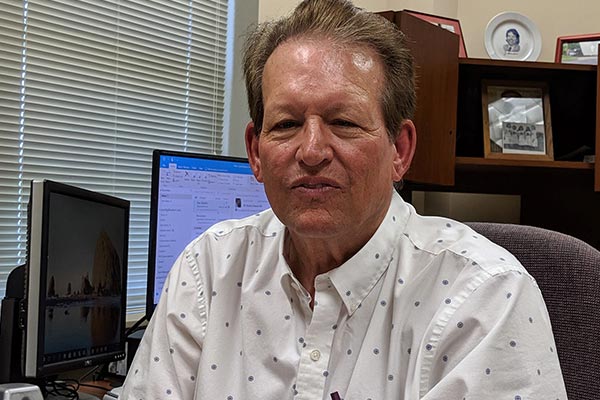
Prominent epidemiologists and medical professionals are advocating the introduction of an inexpensive rapid antigen immunoassay tests similar to a home pregnancy test. Prototype COVID-19 tests are being developed and are under evaluation to be commercially available later in the year. The demand for rapid tests is based on the reality that highly sensitive lab-based molecular (PCR) assays, which measure viral RNA, may not yield a result for most people even those with symptoms for periods from four to 10 days.
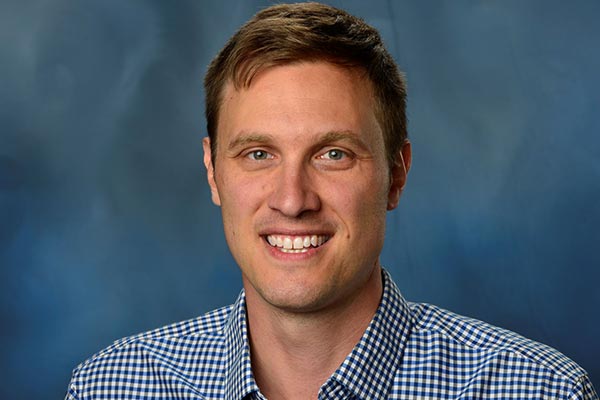
For safety reasons, many retailers are requesting contactless forms of payment during a transaction. Those retailers who do accept cash payments have been asking customers to use exact change. The combination of people staying home to help slow the spread of the coronavirus and the preference toward using credit/debit cards for health reasons have yielded some interesting economic results during the COVID-19 pandemic. Nicolas Ziebarth, the Ekelund and Hebert Associate Professor of Economics, shares his opinion on whether a cashless business model is likely, and what some of the effects of such a shift might be.





